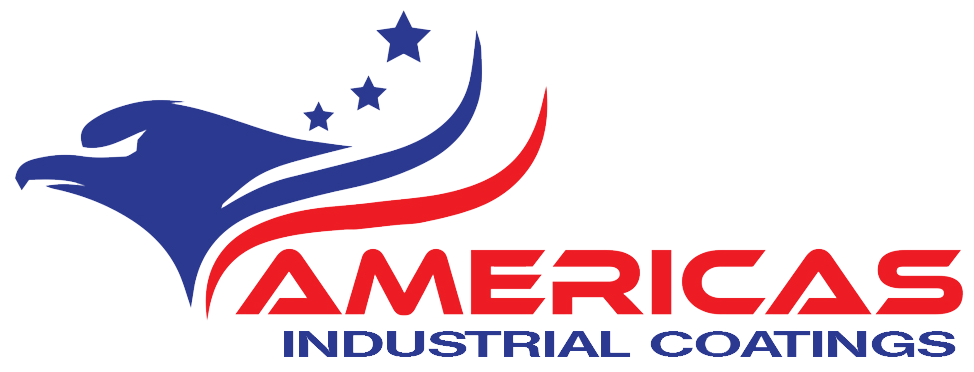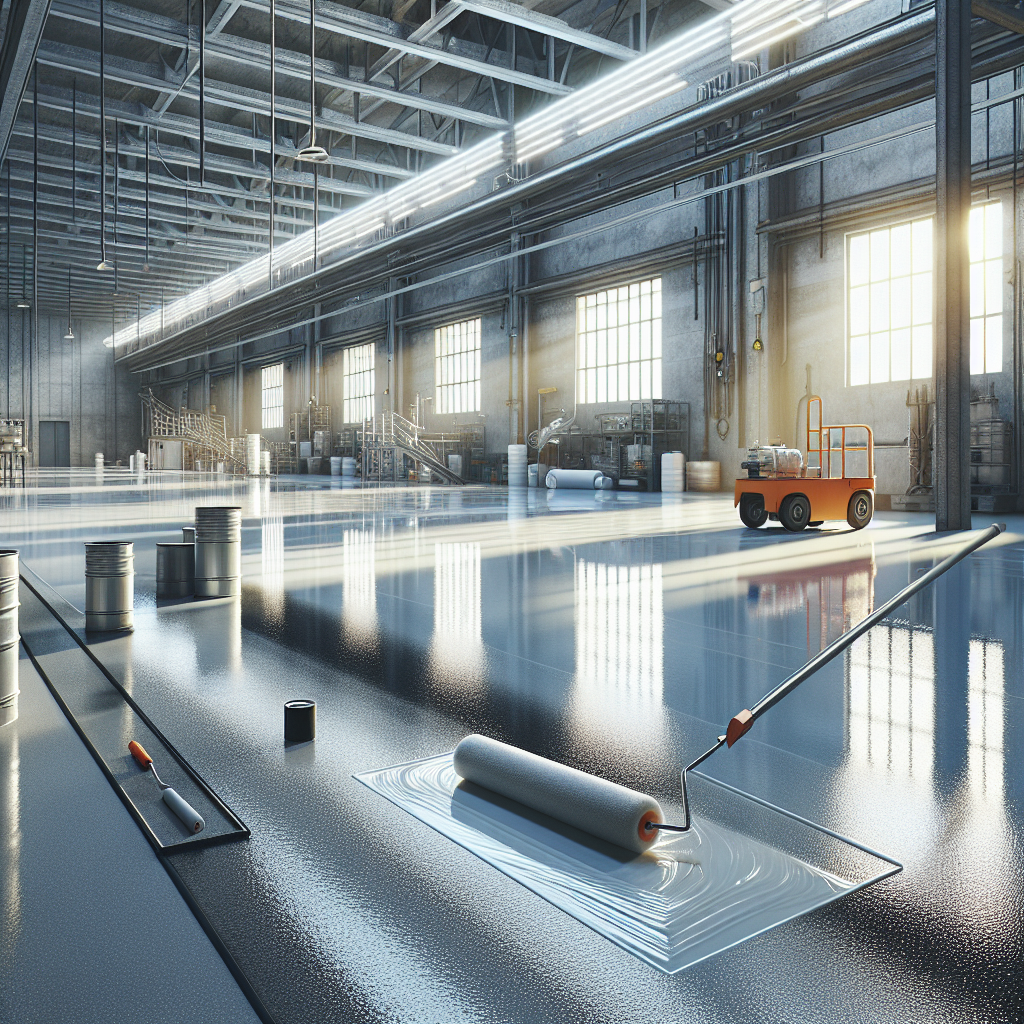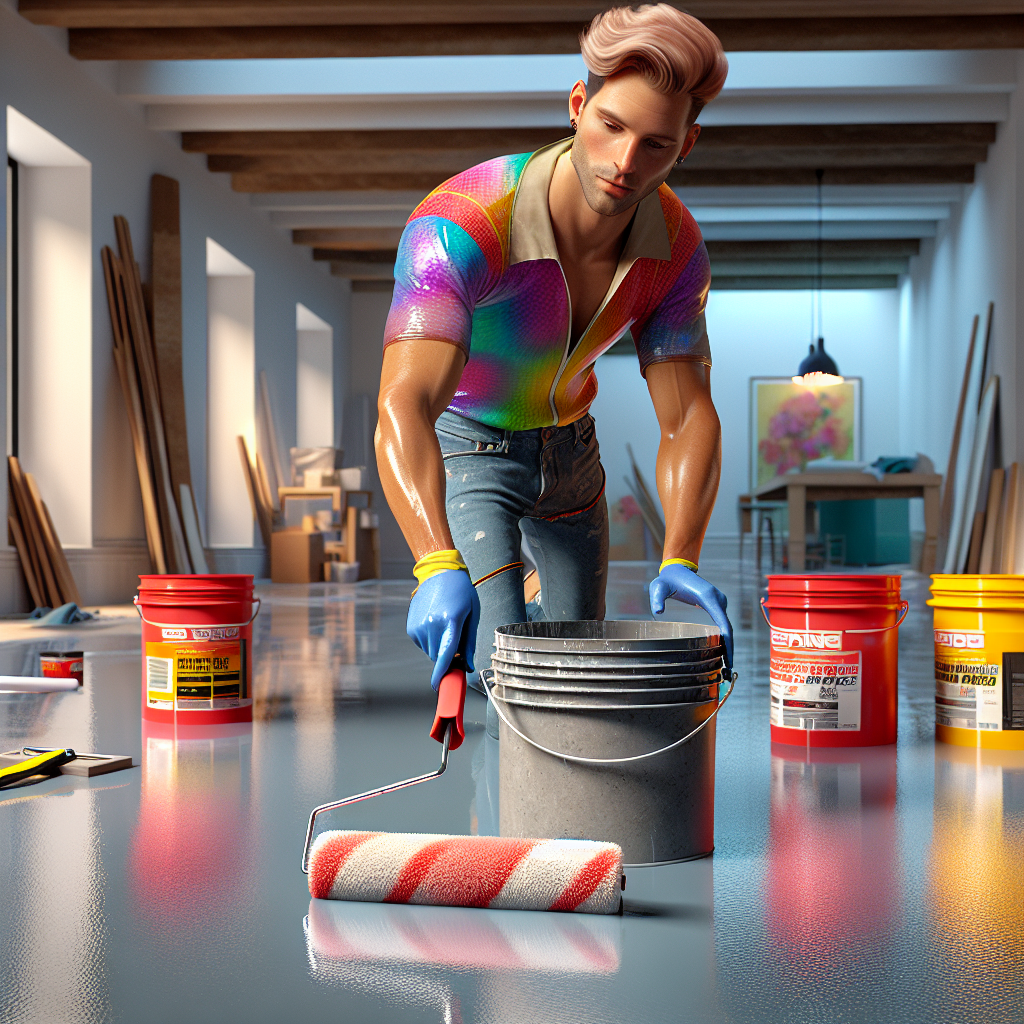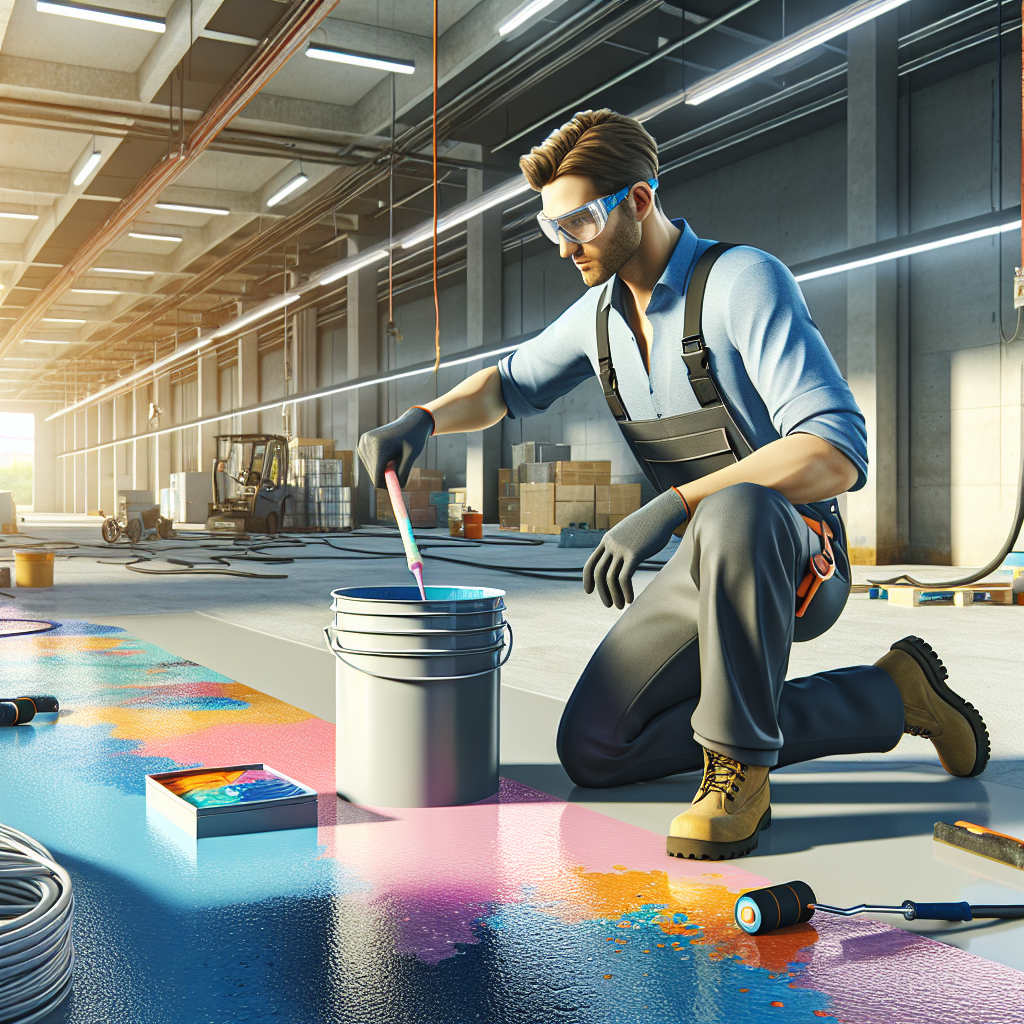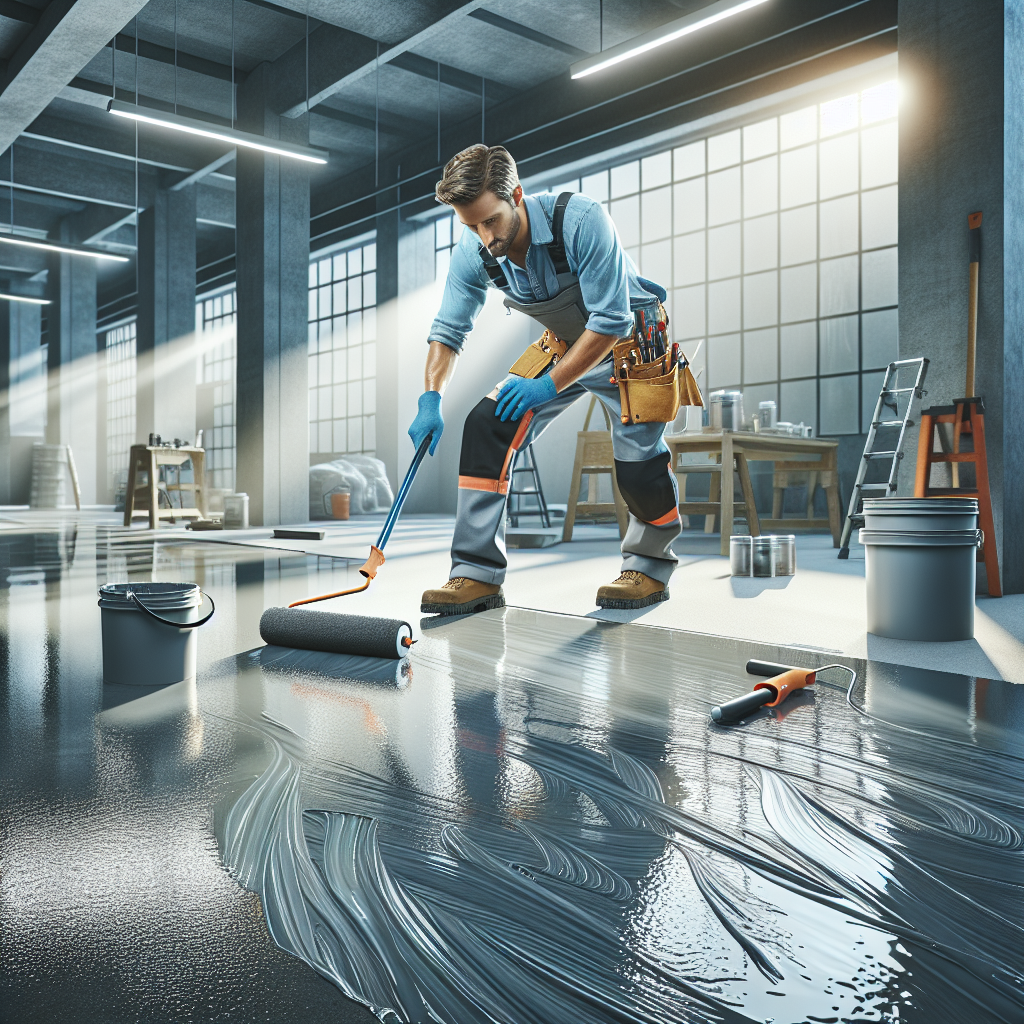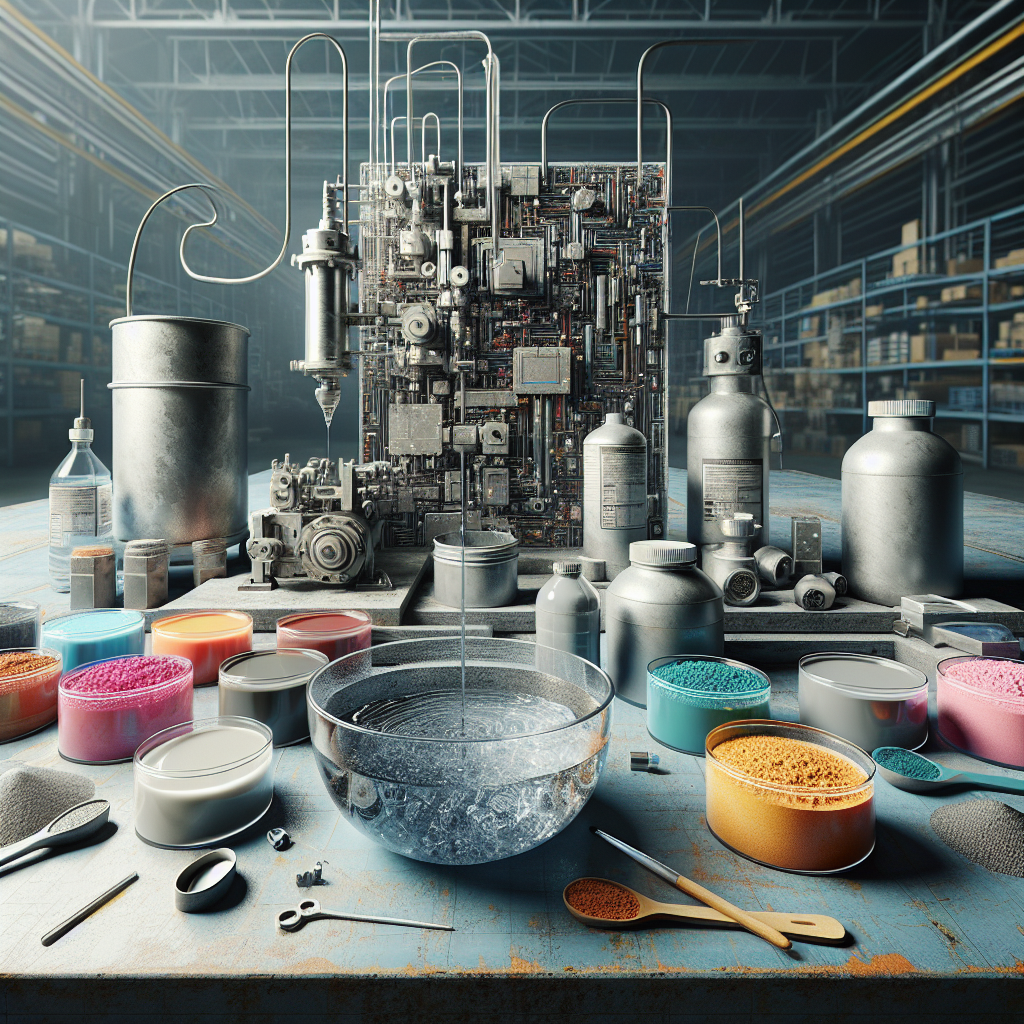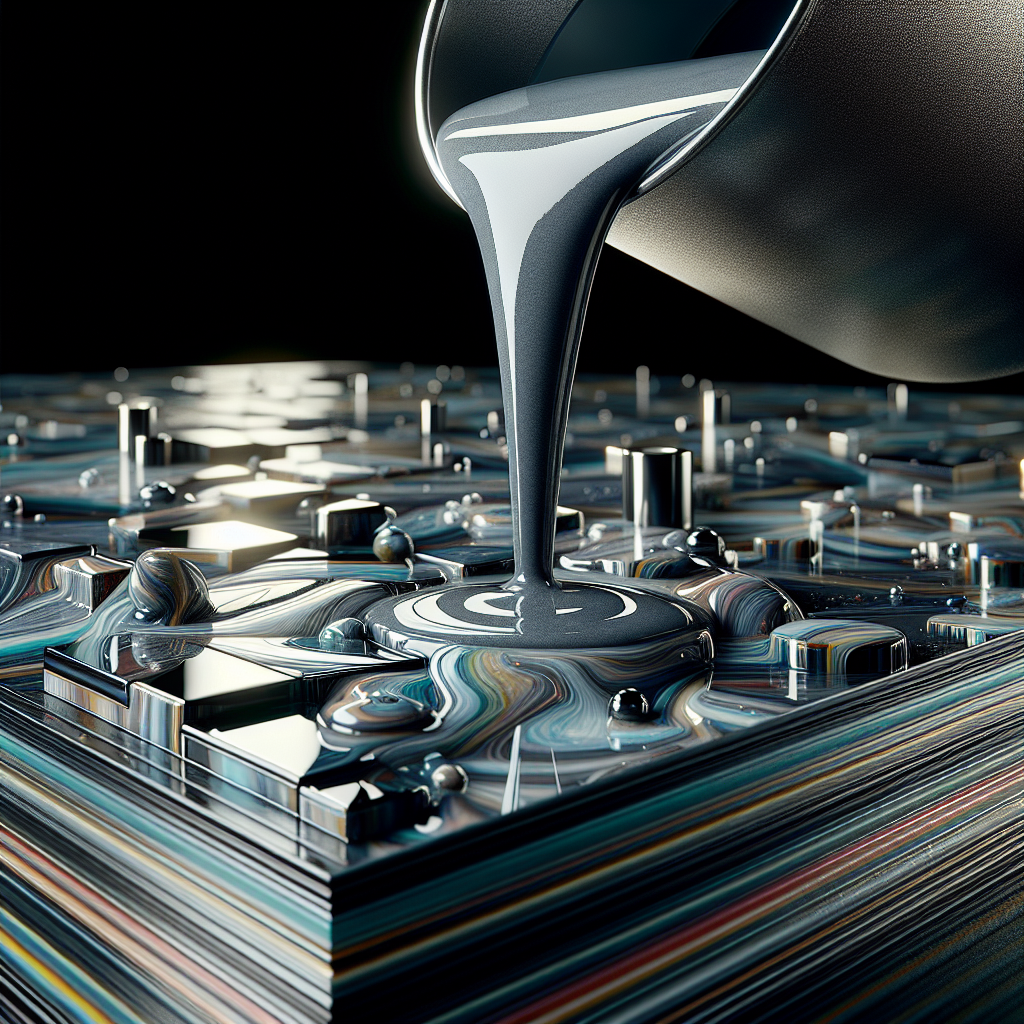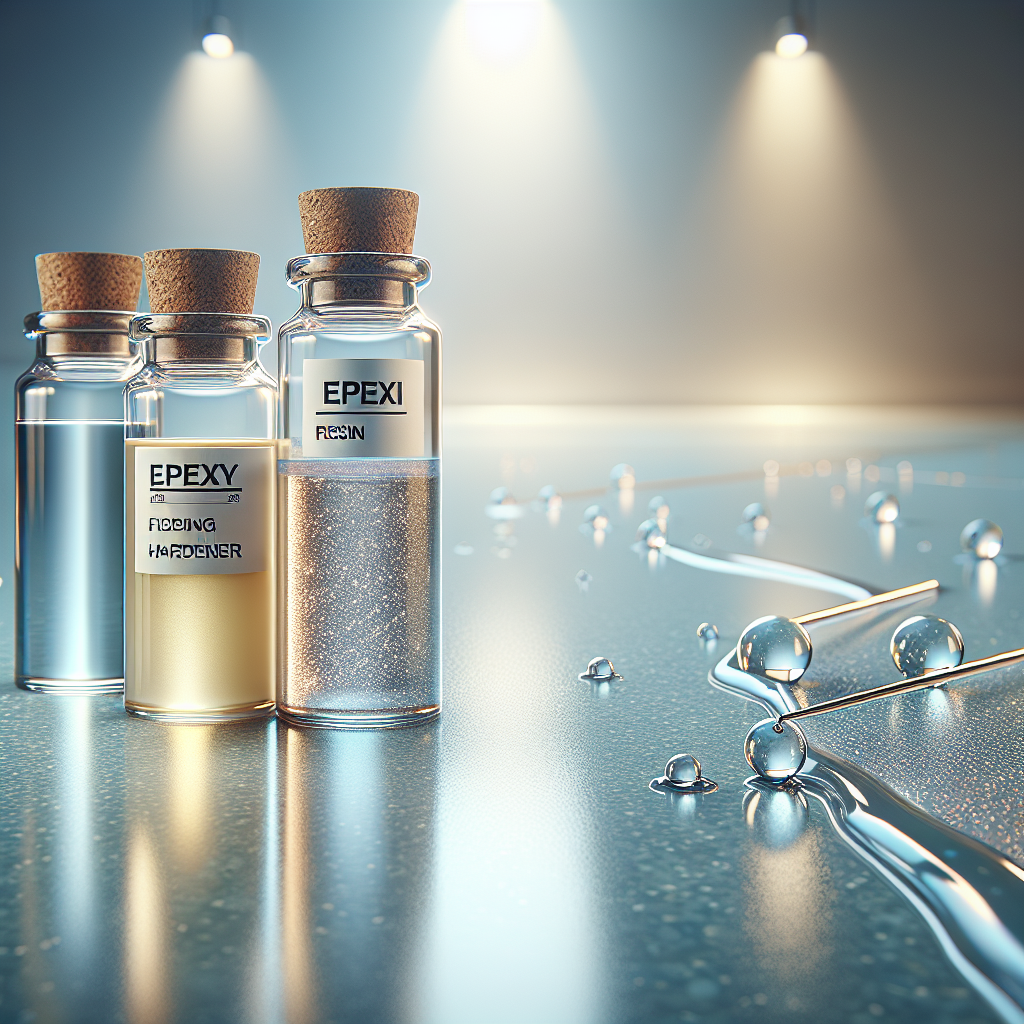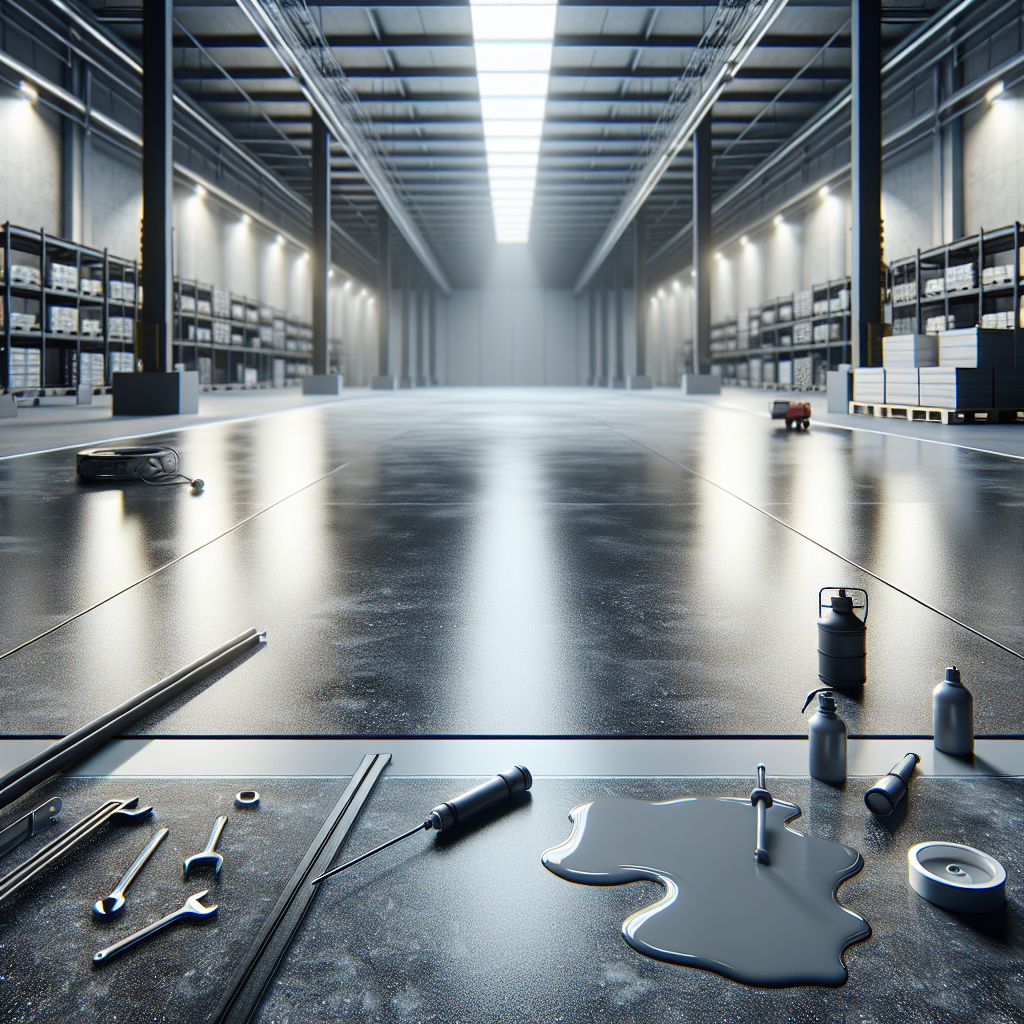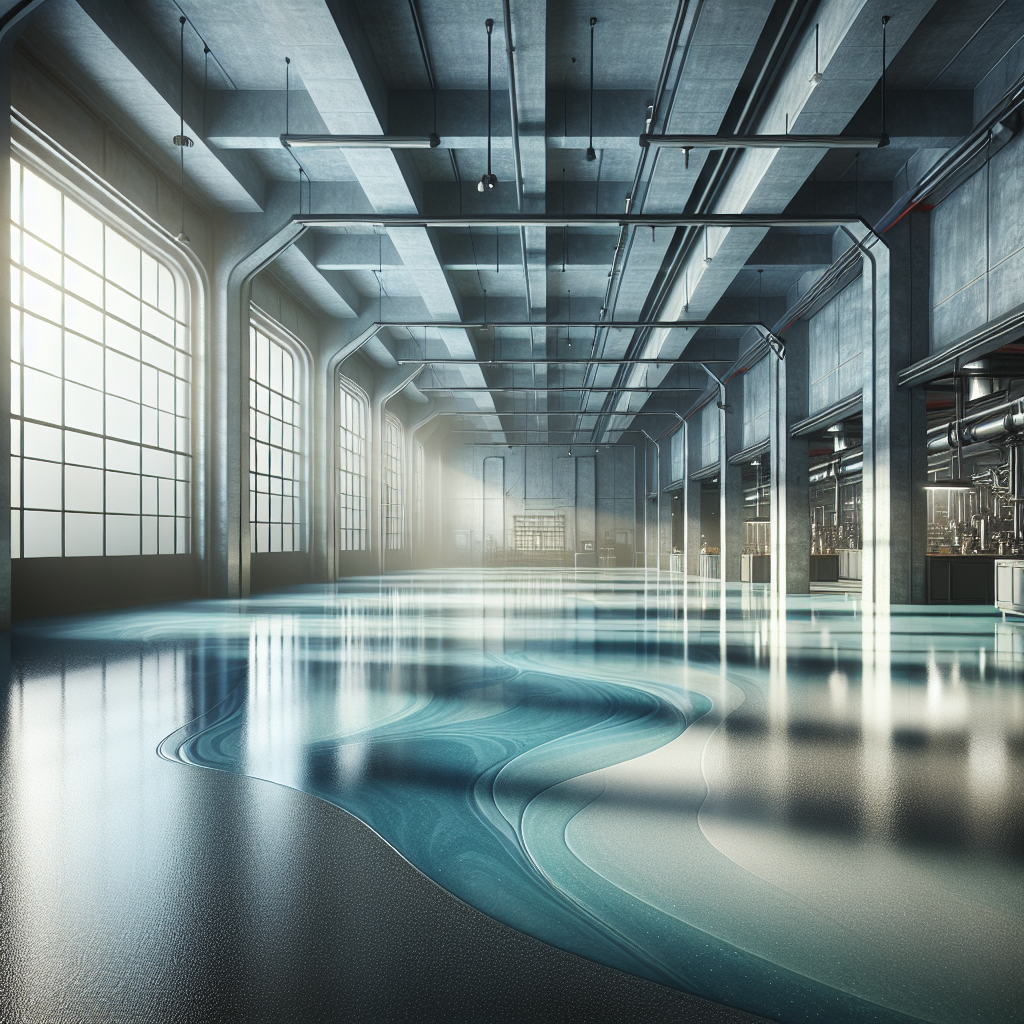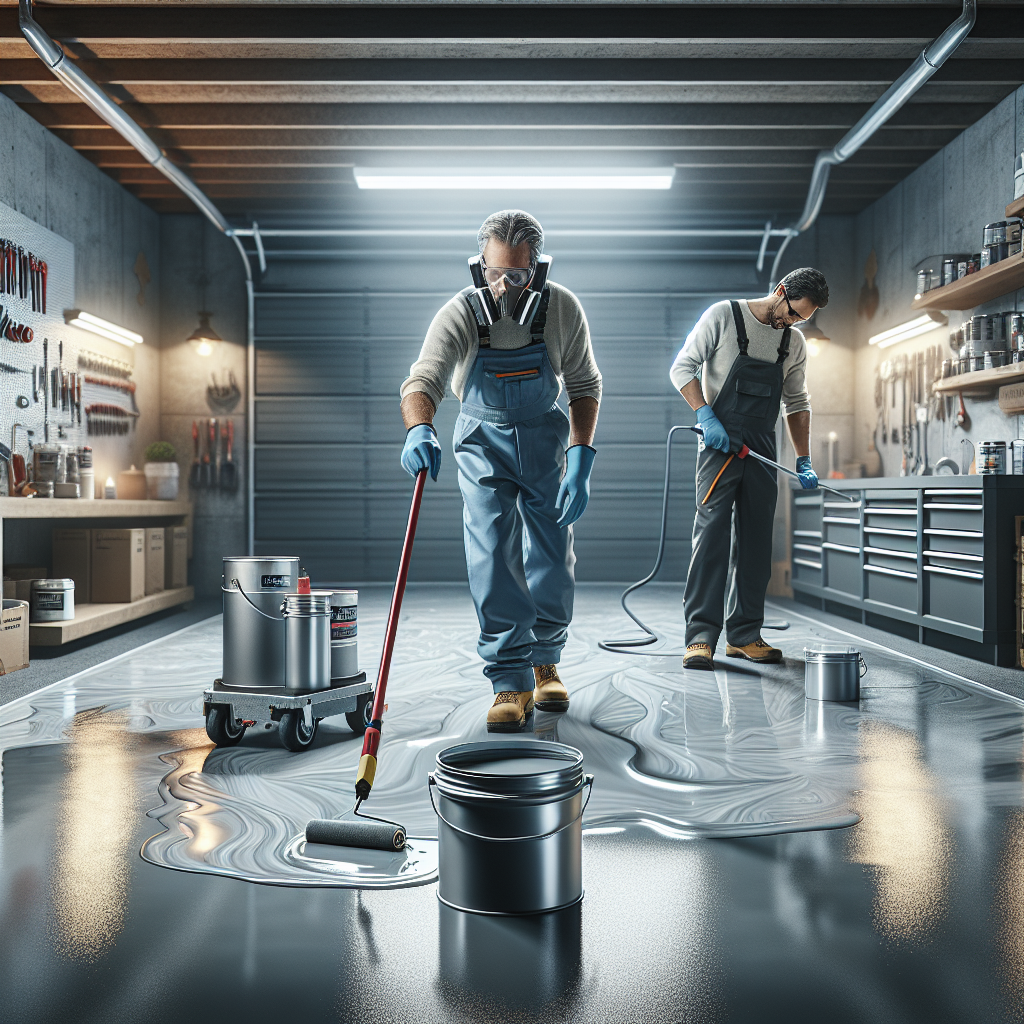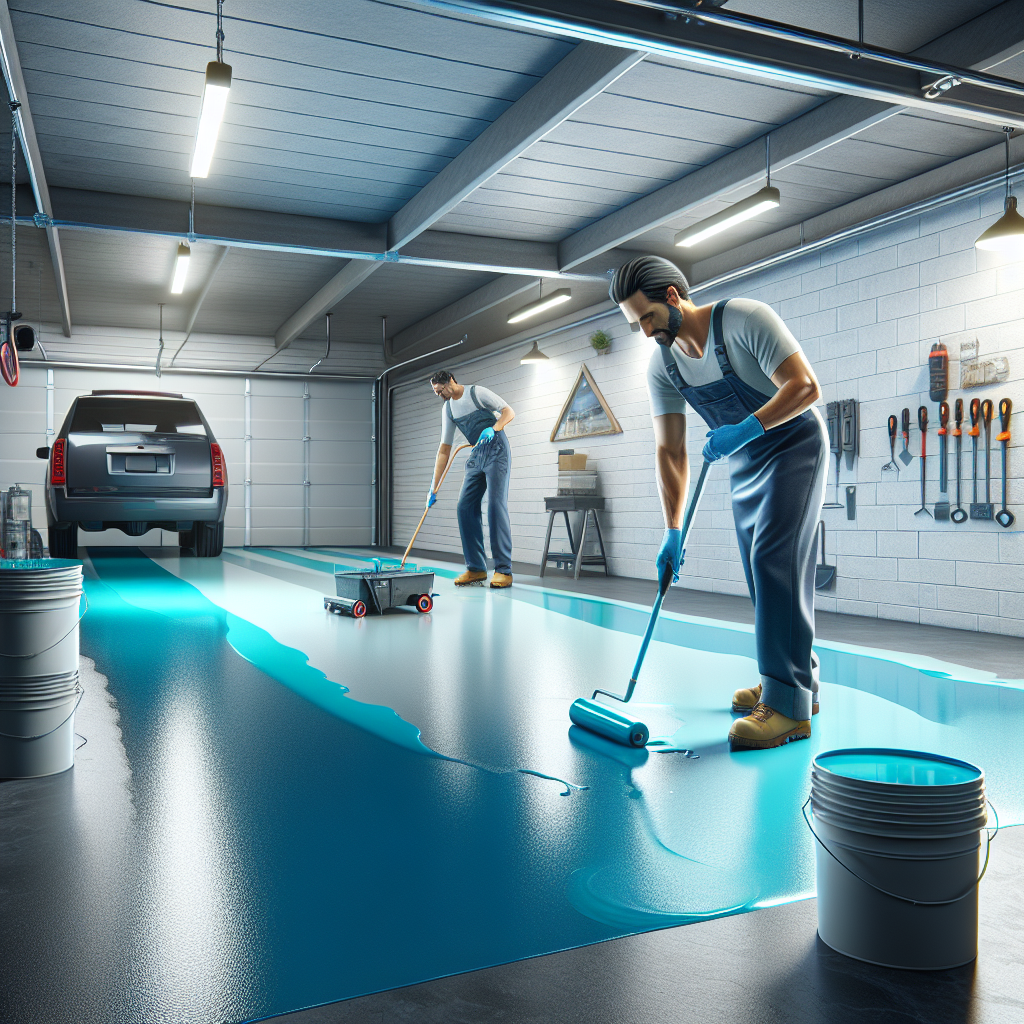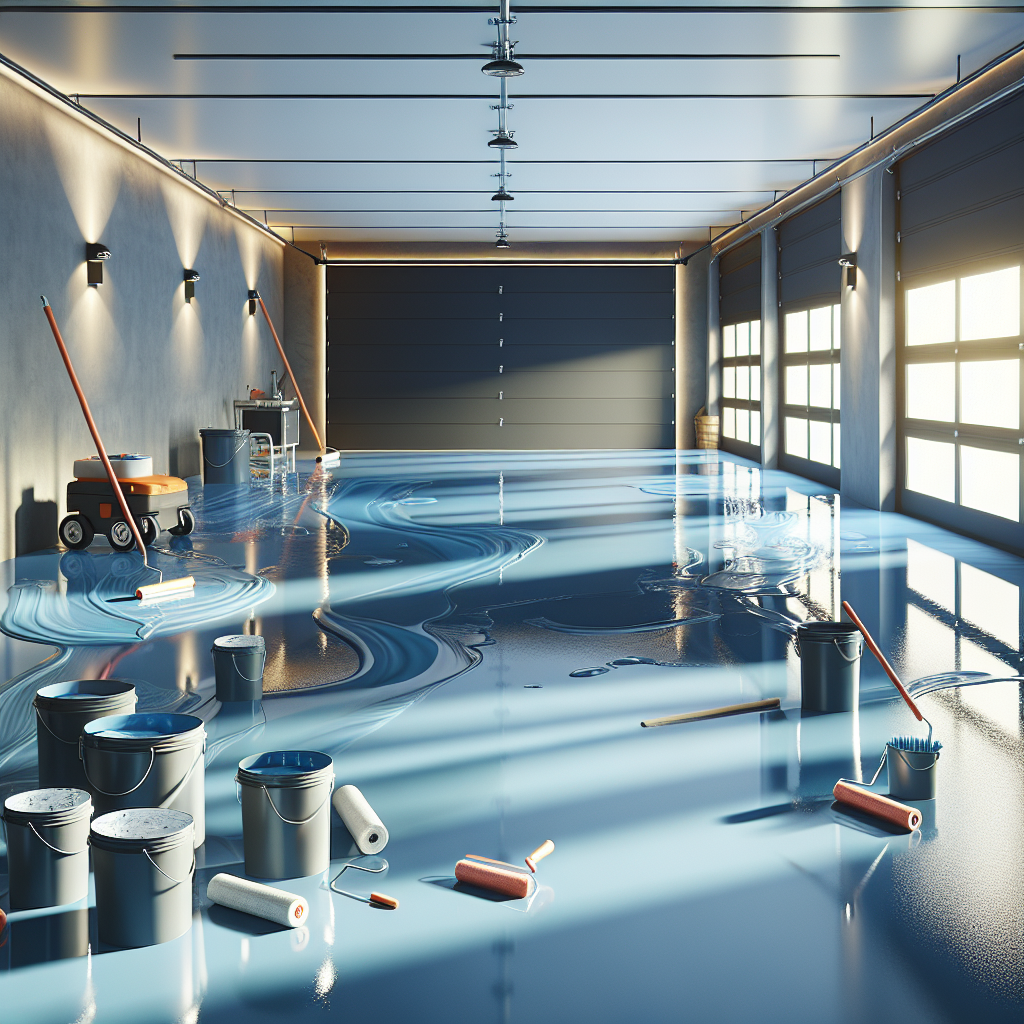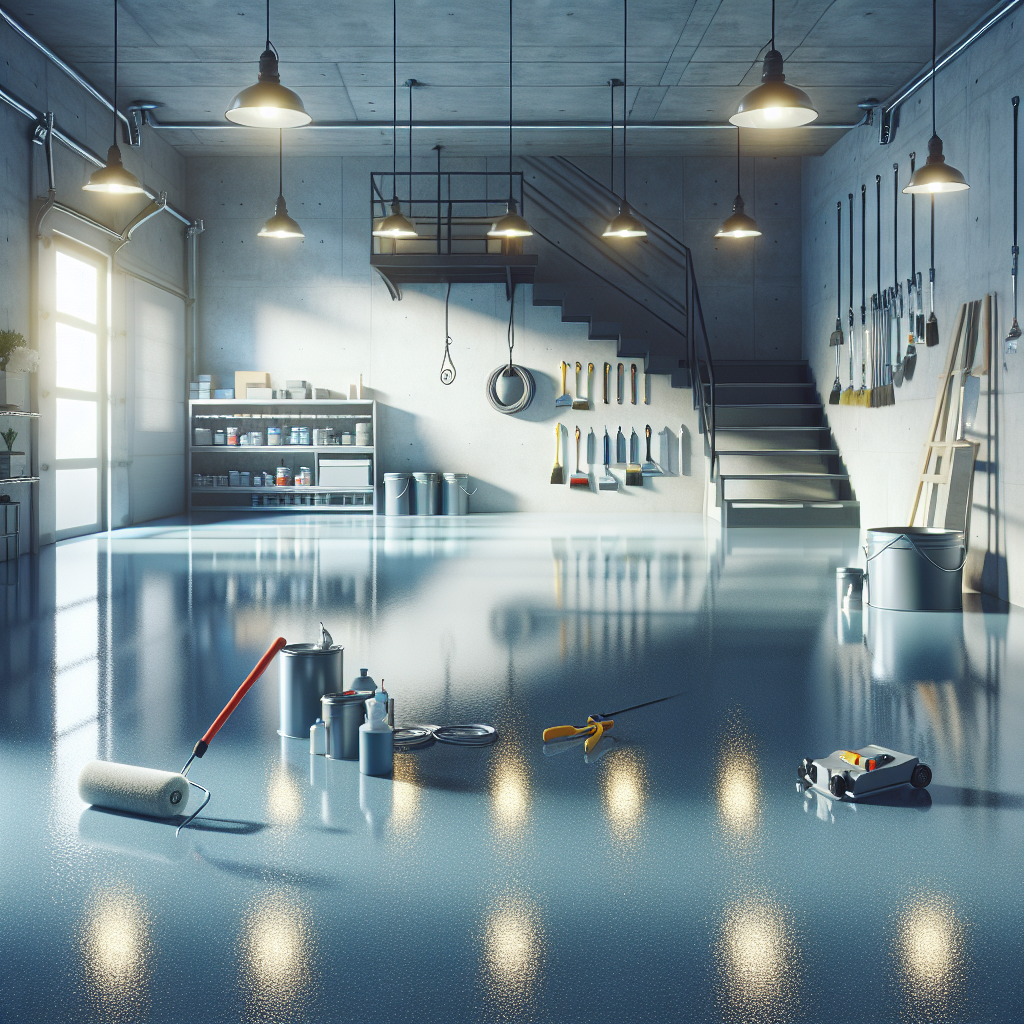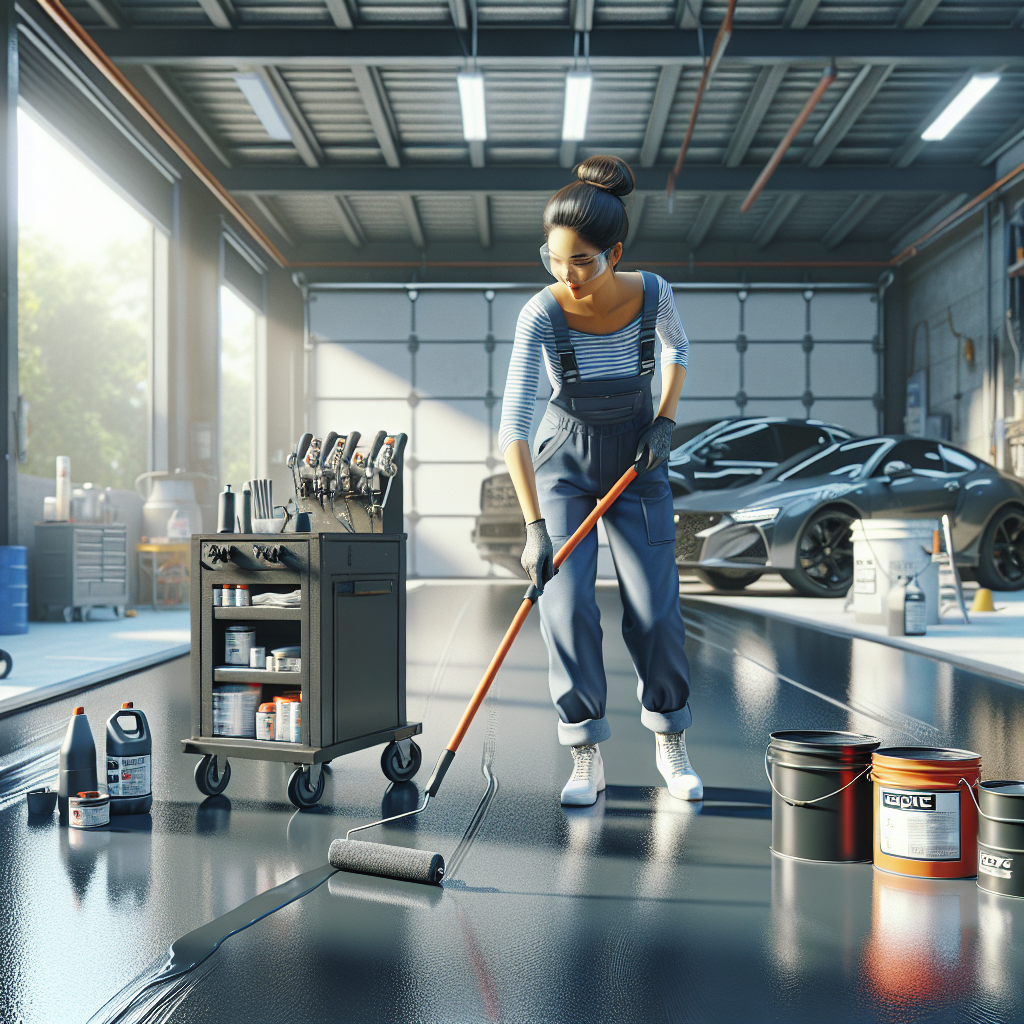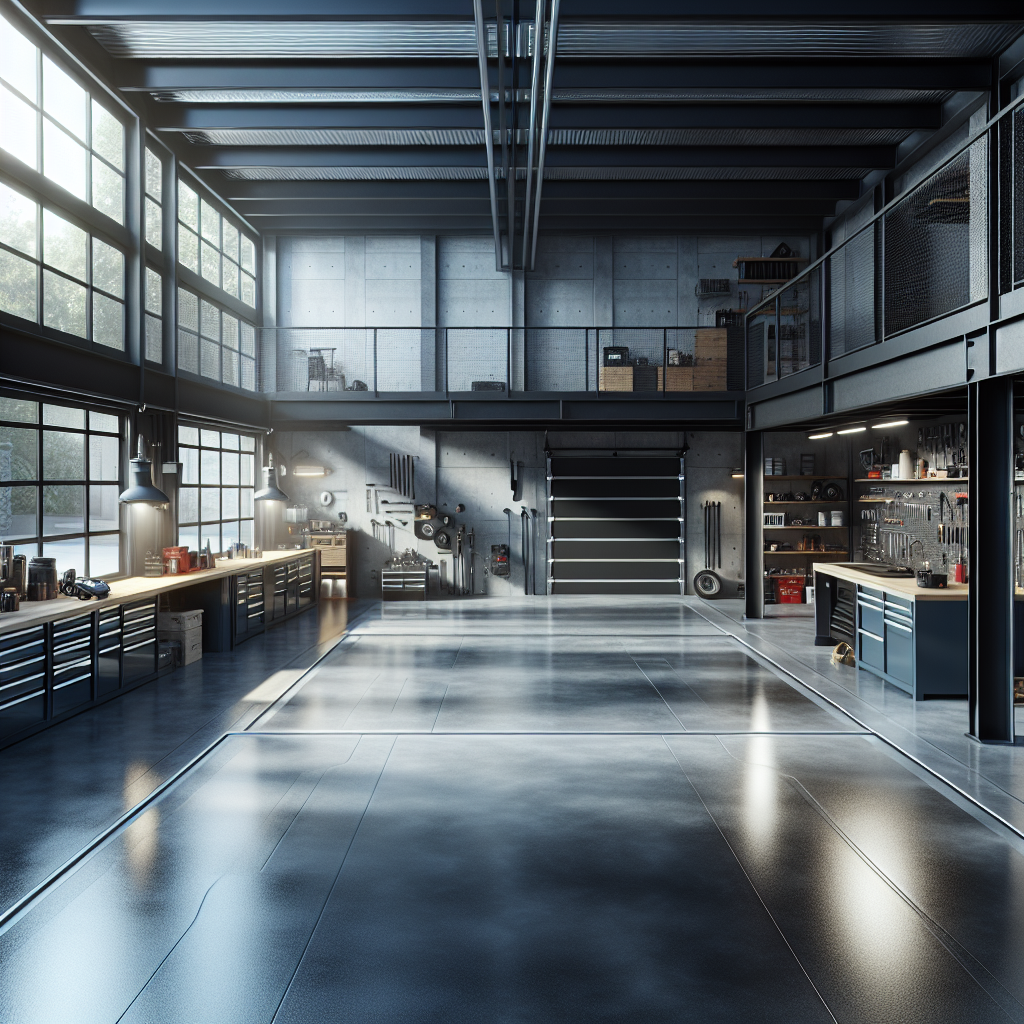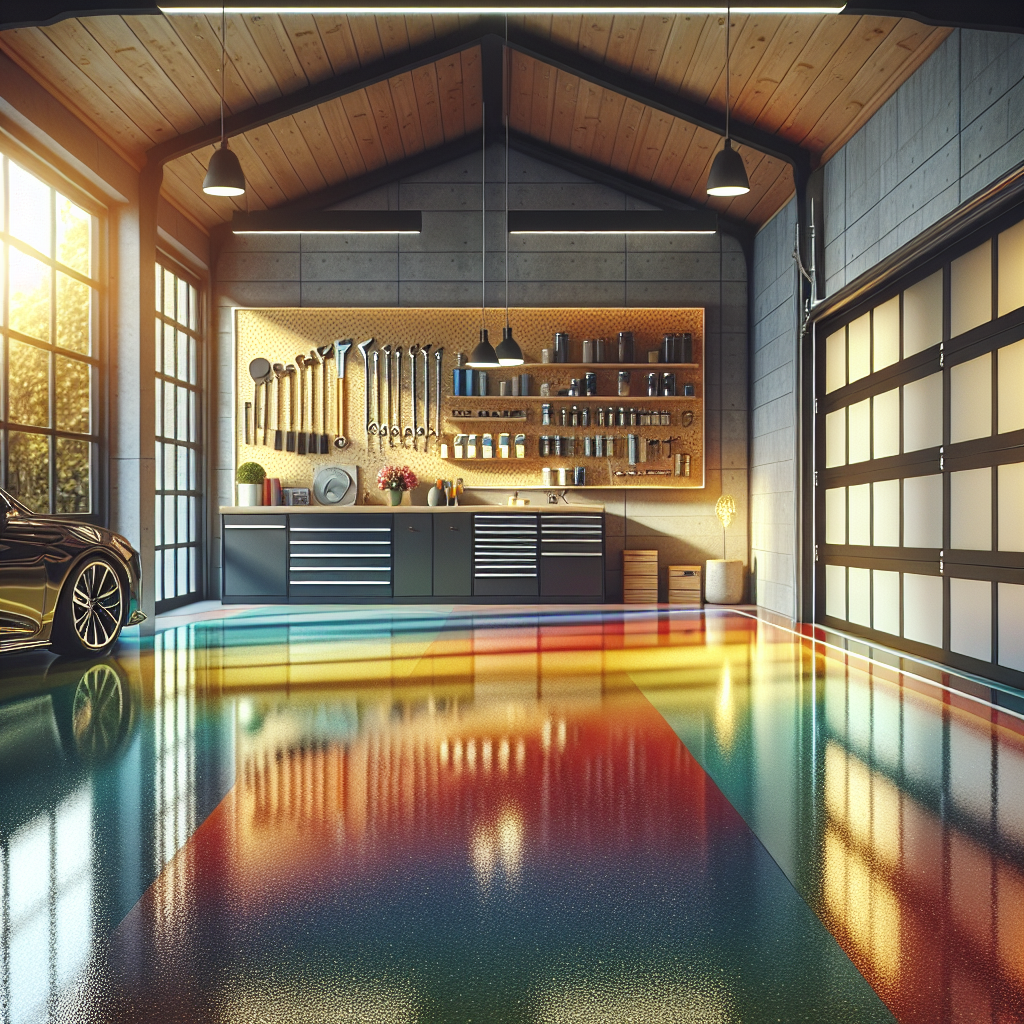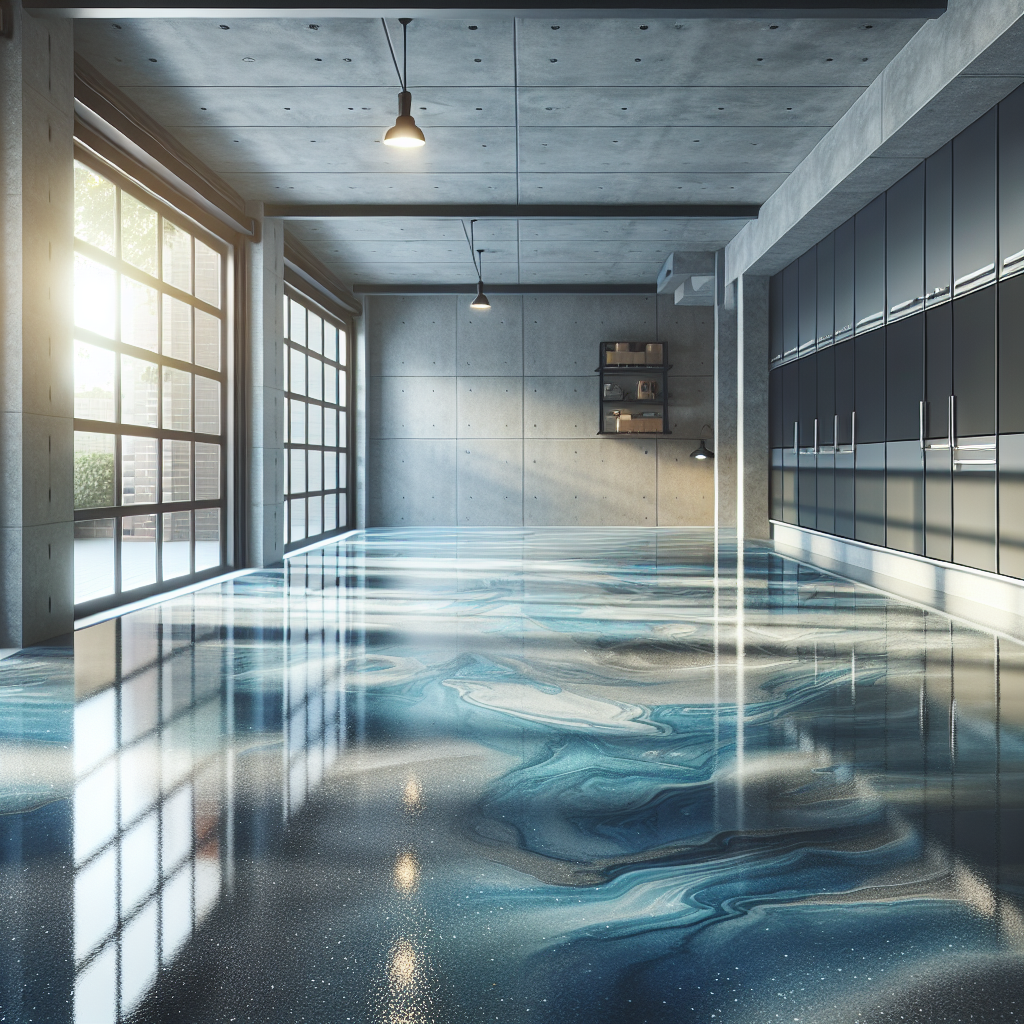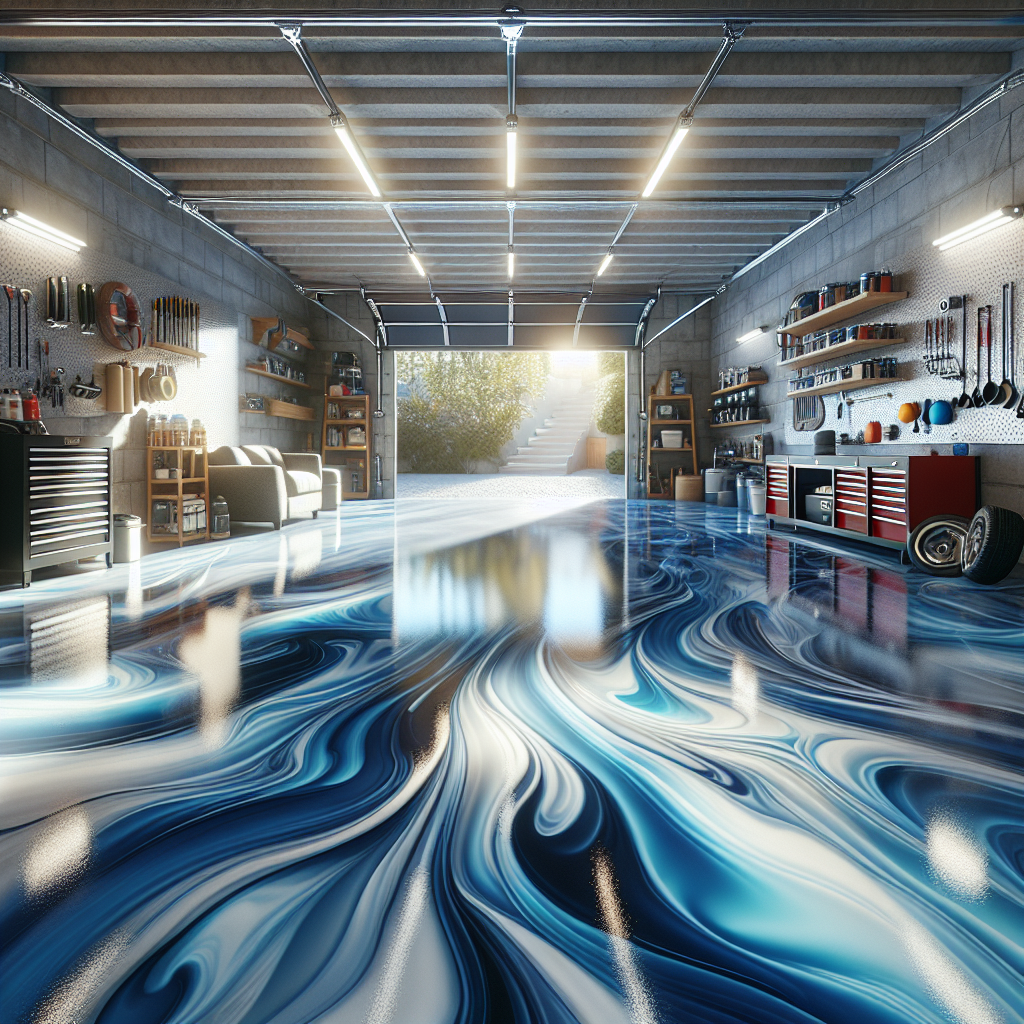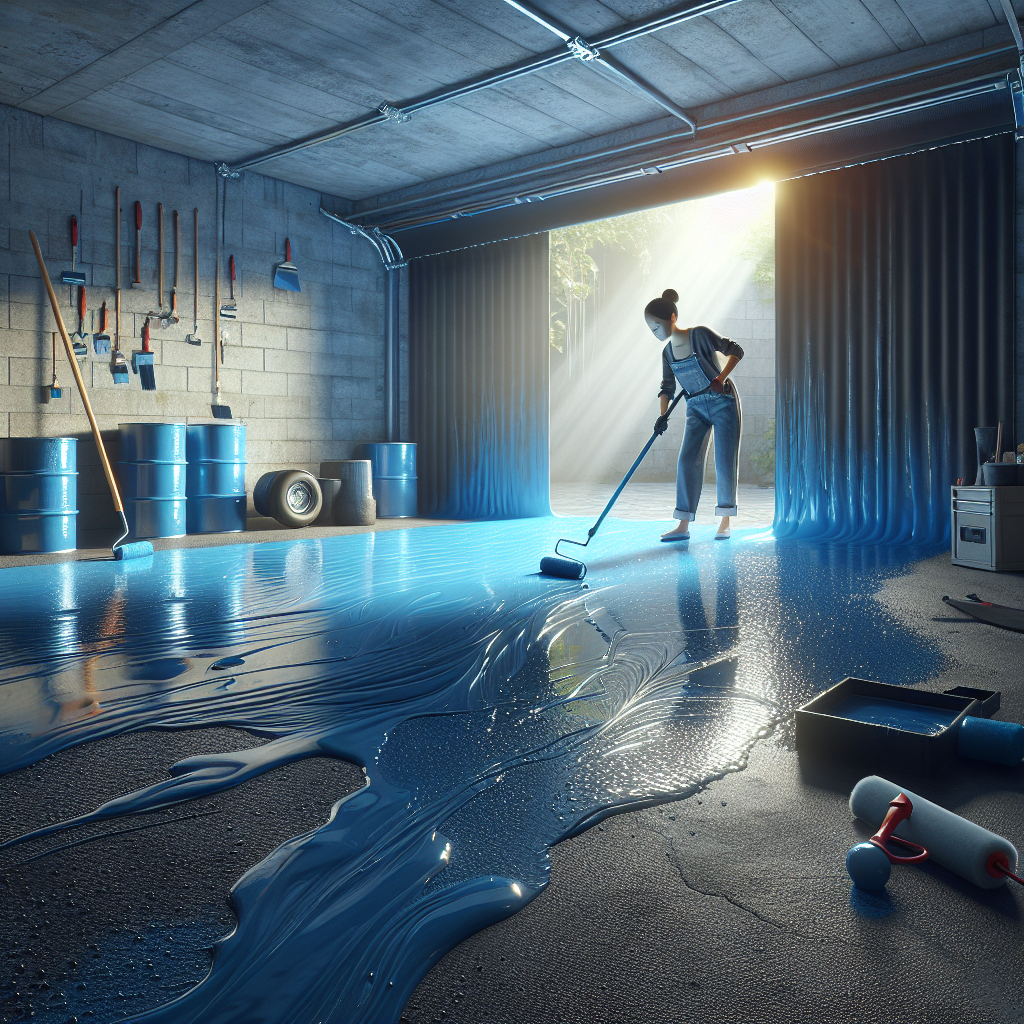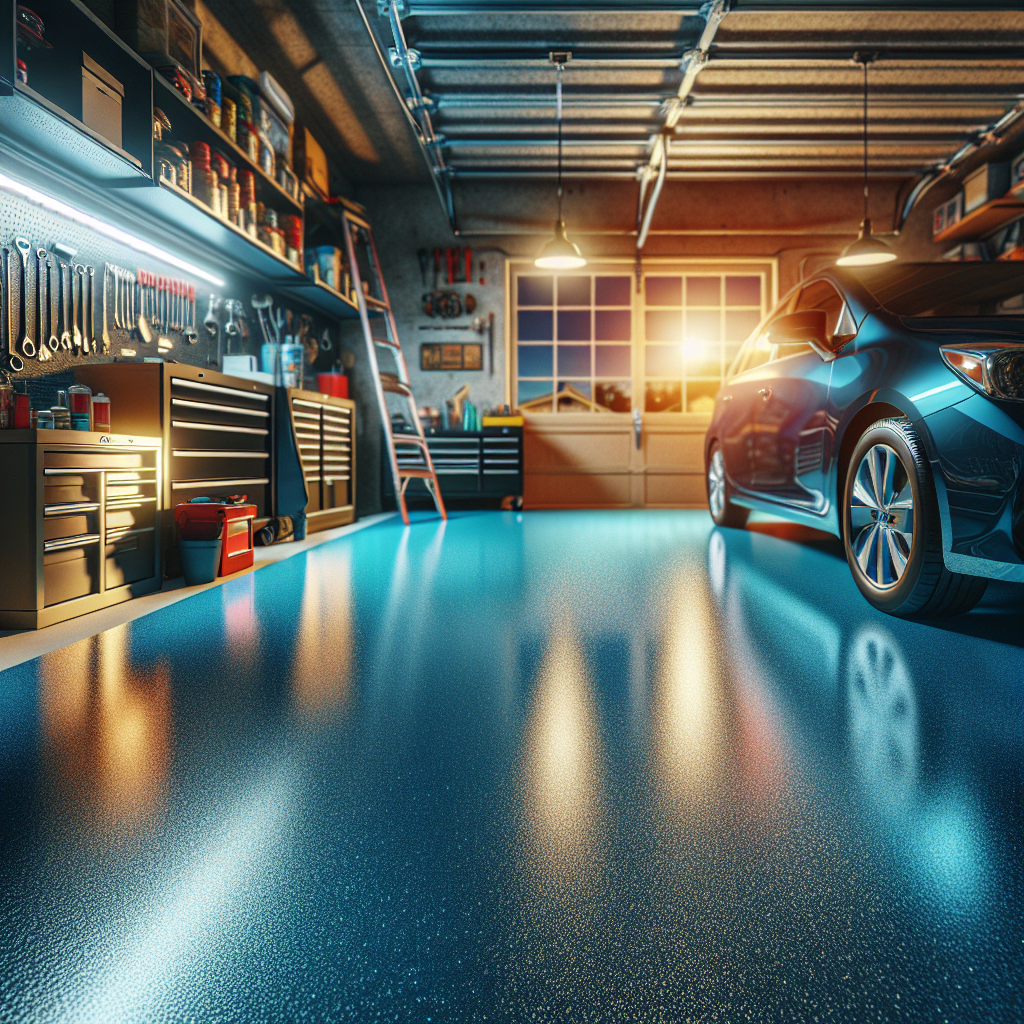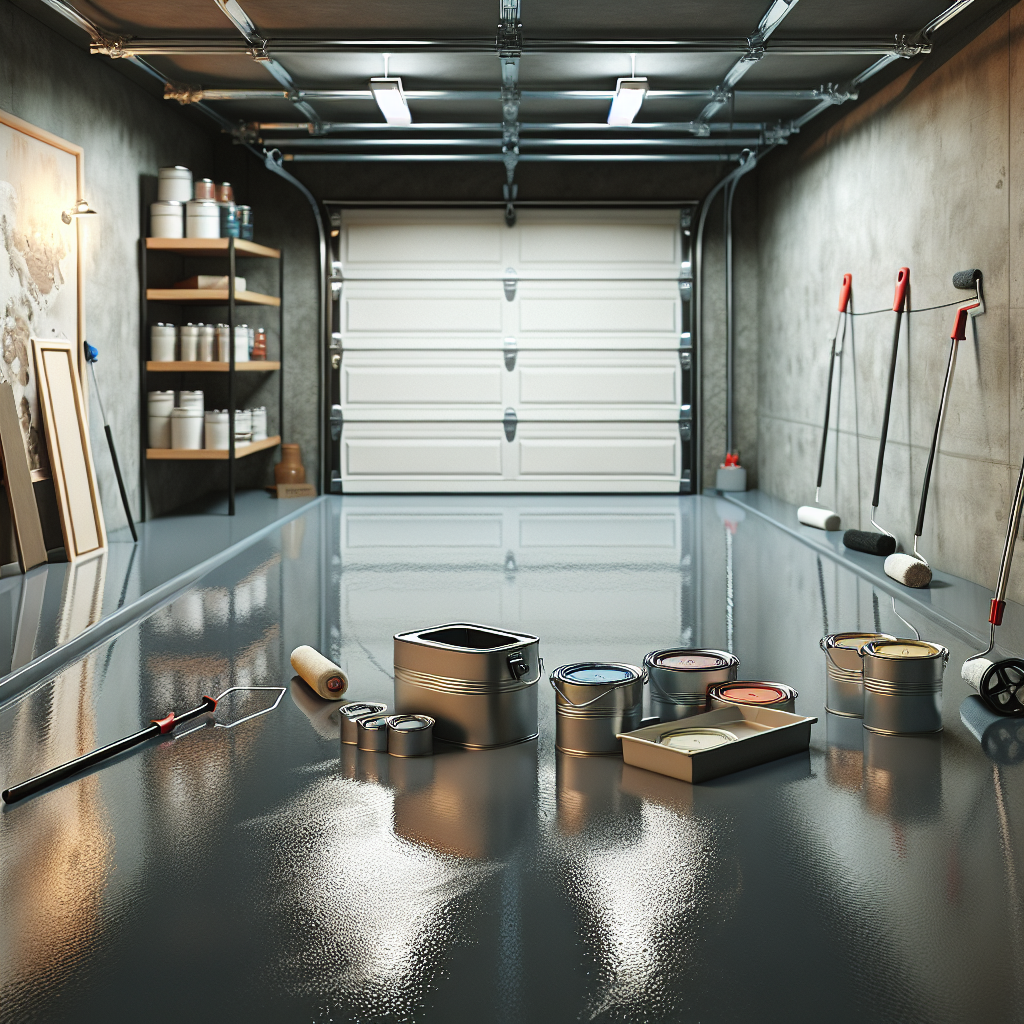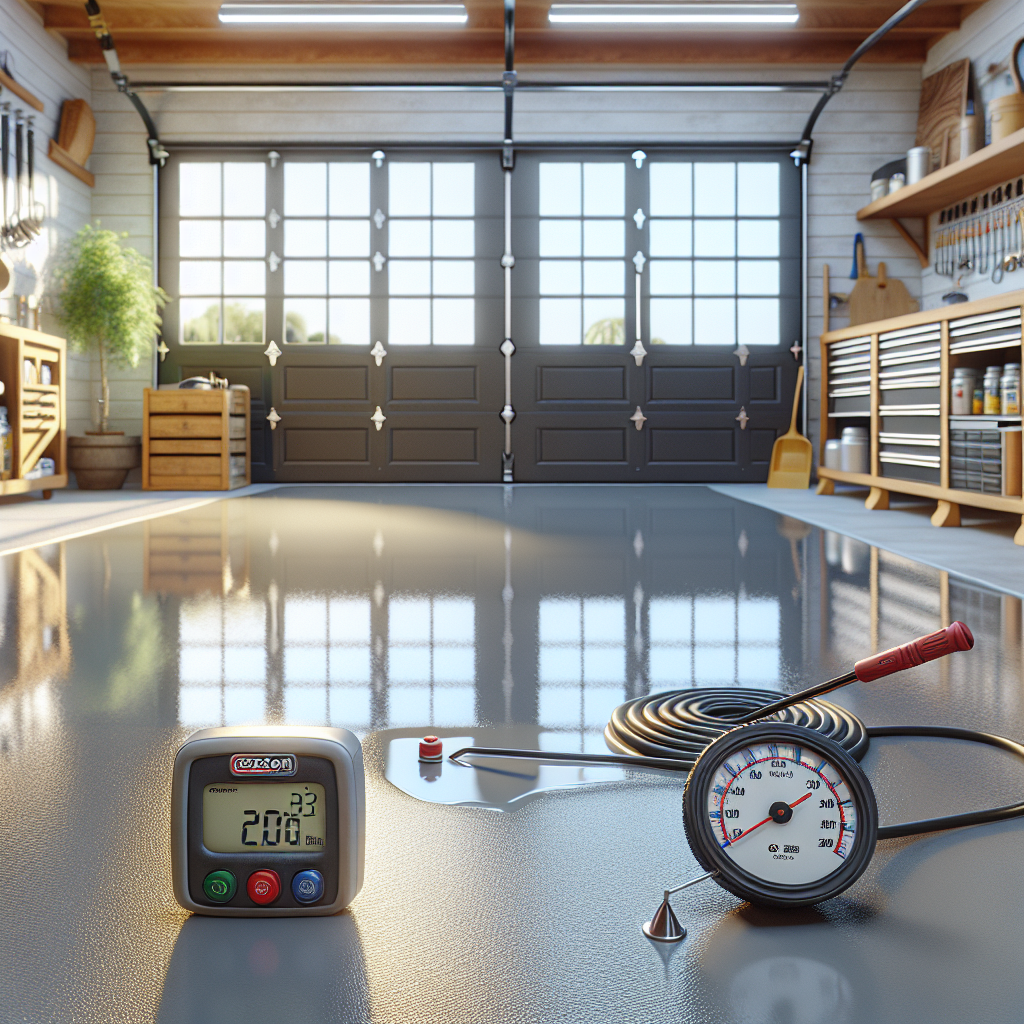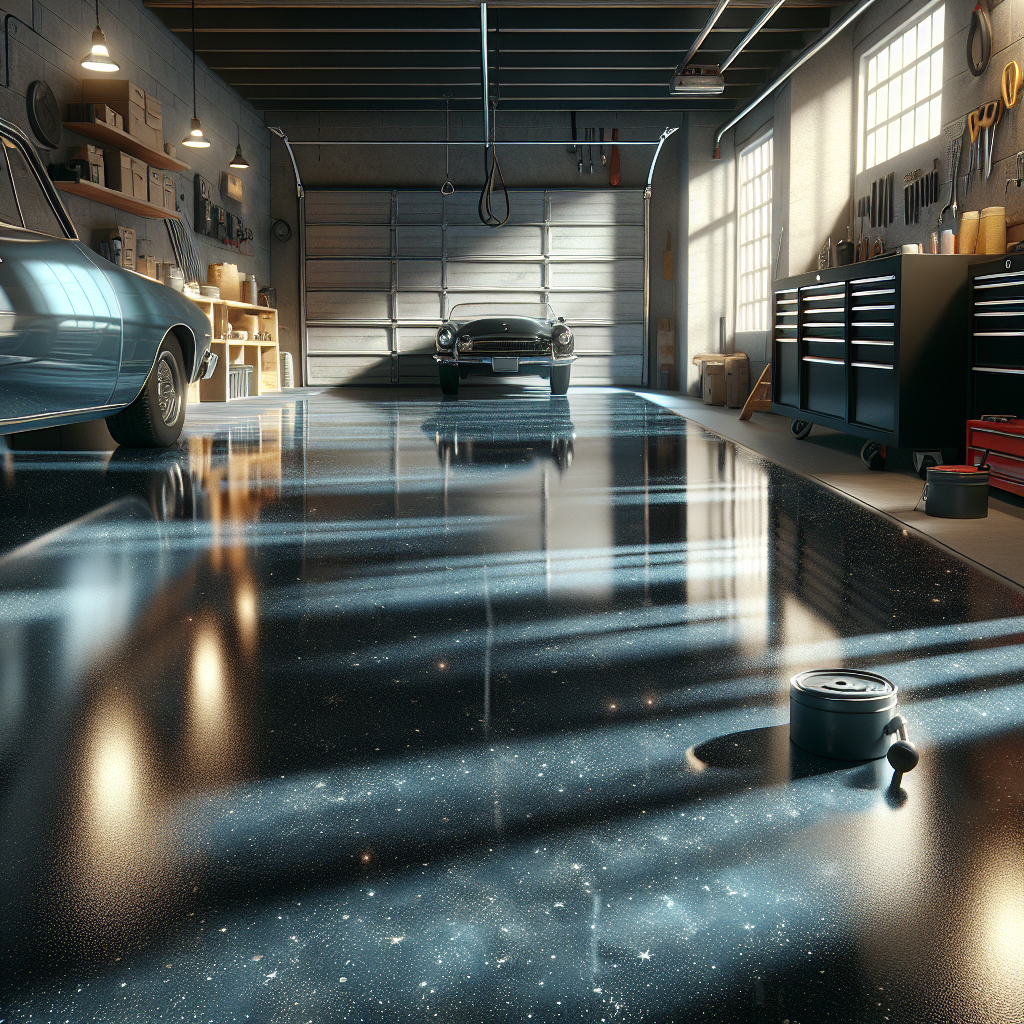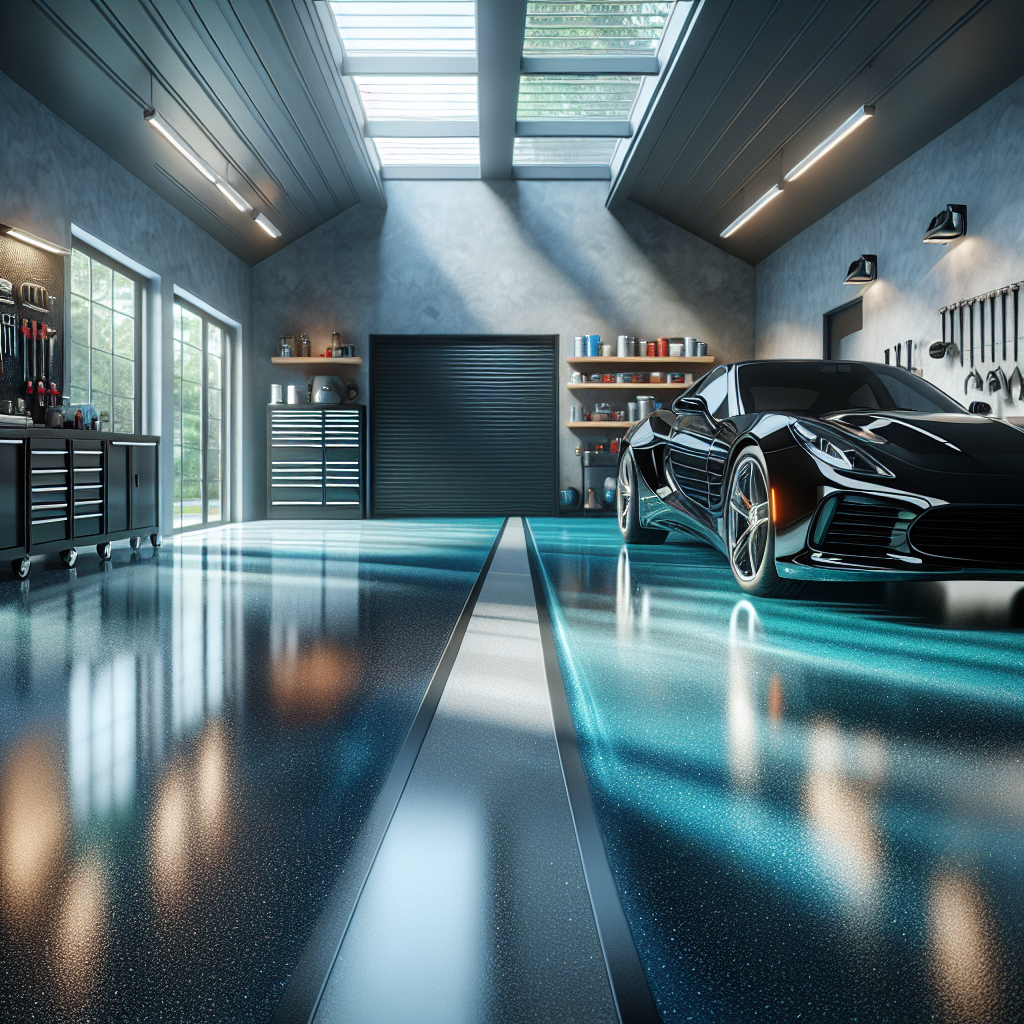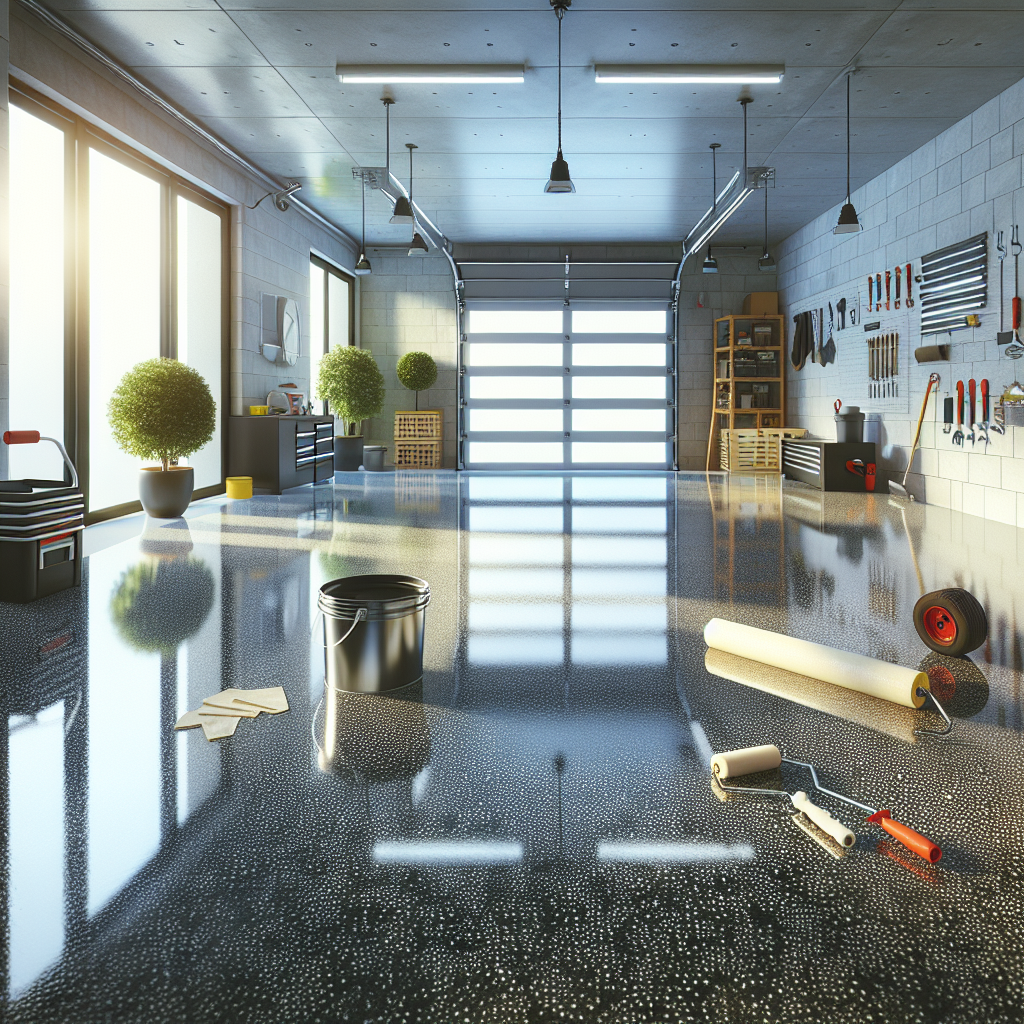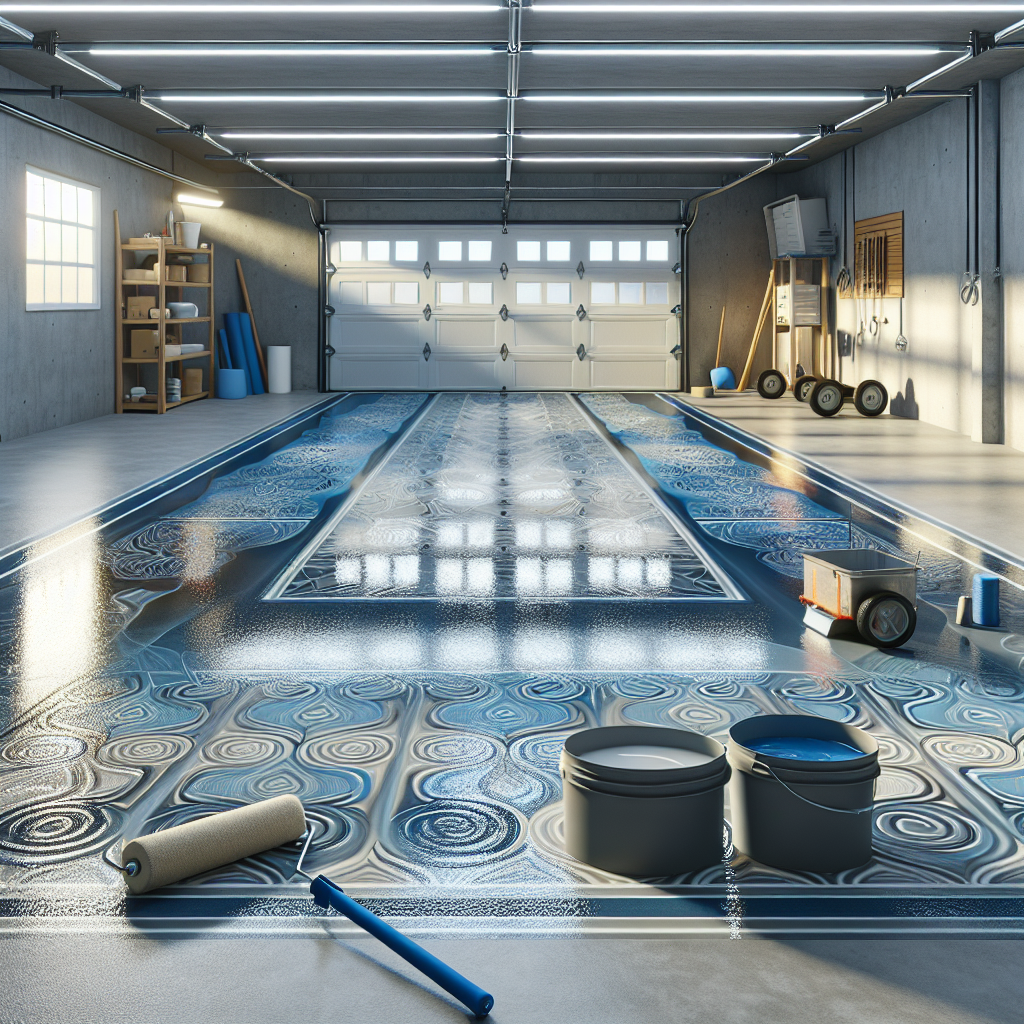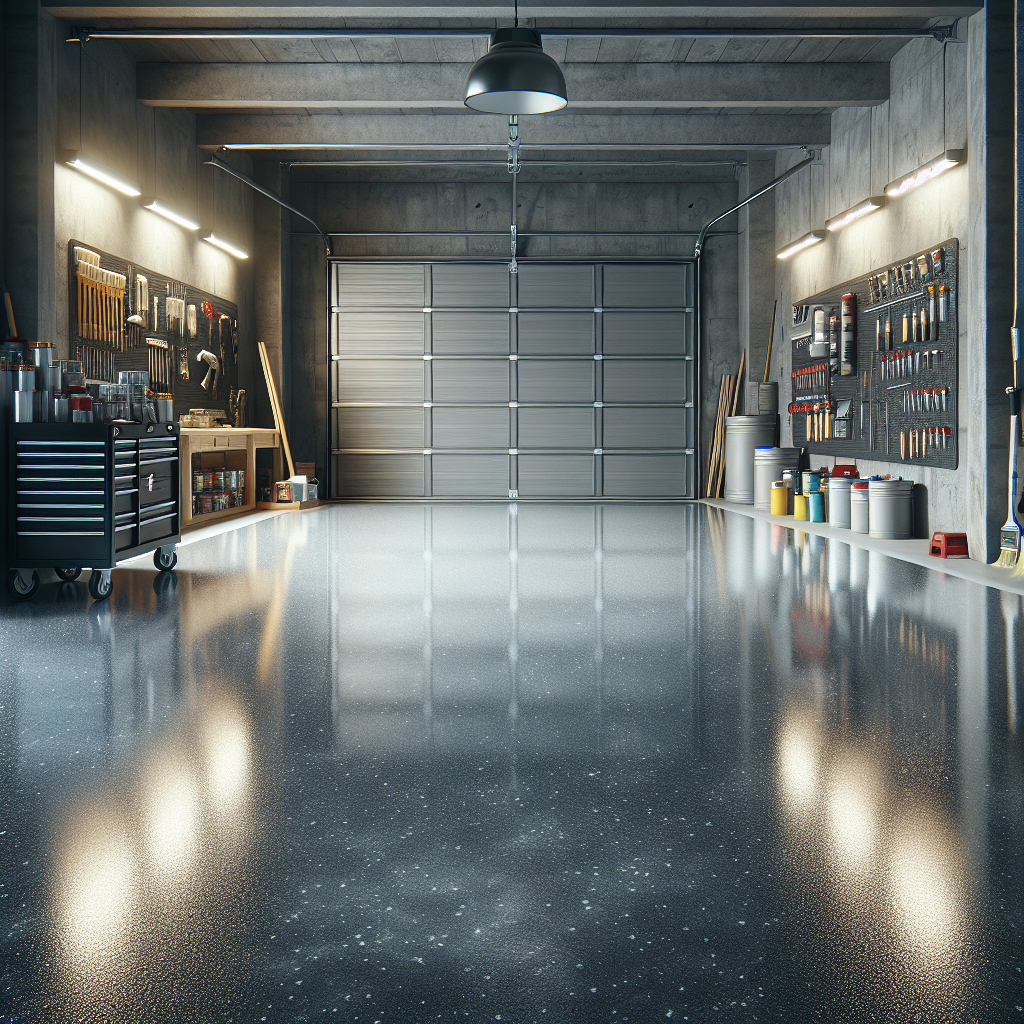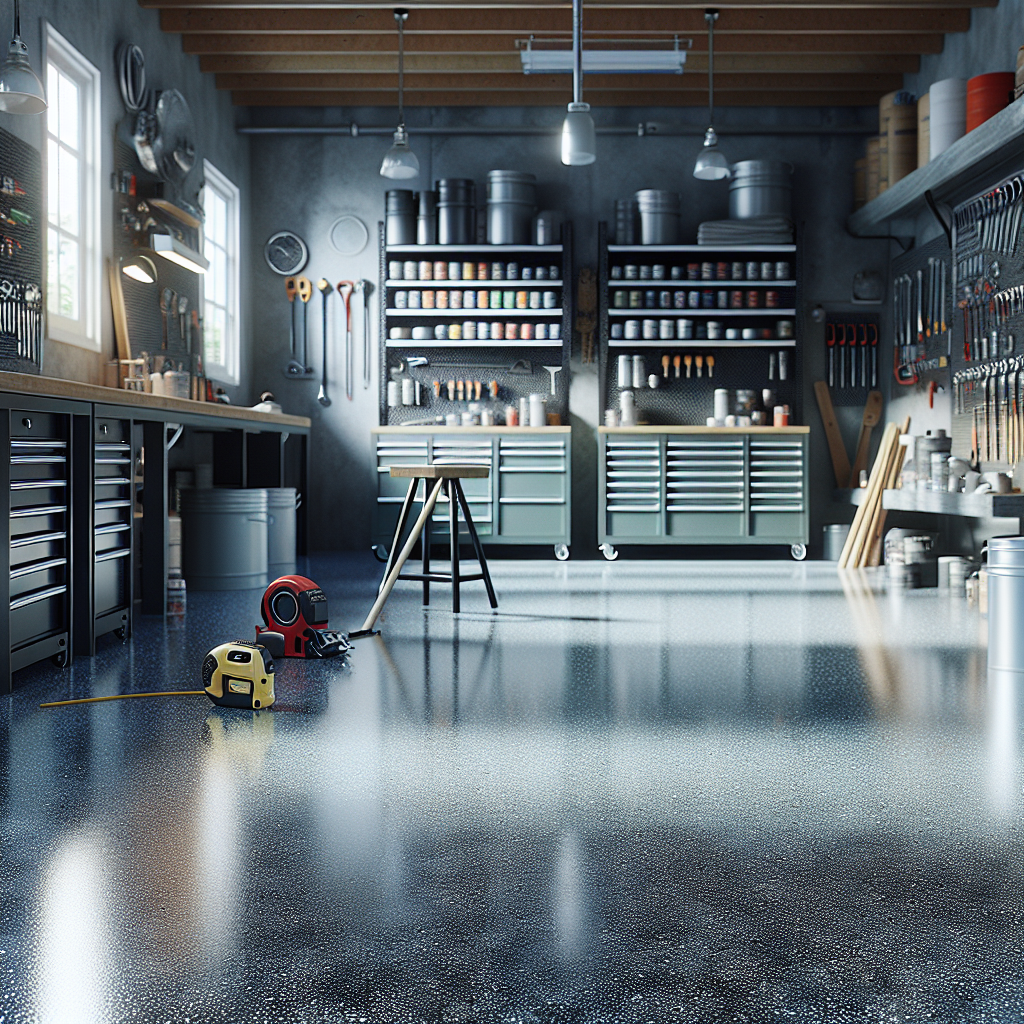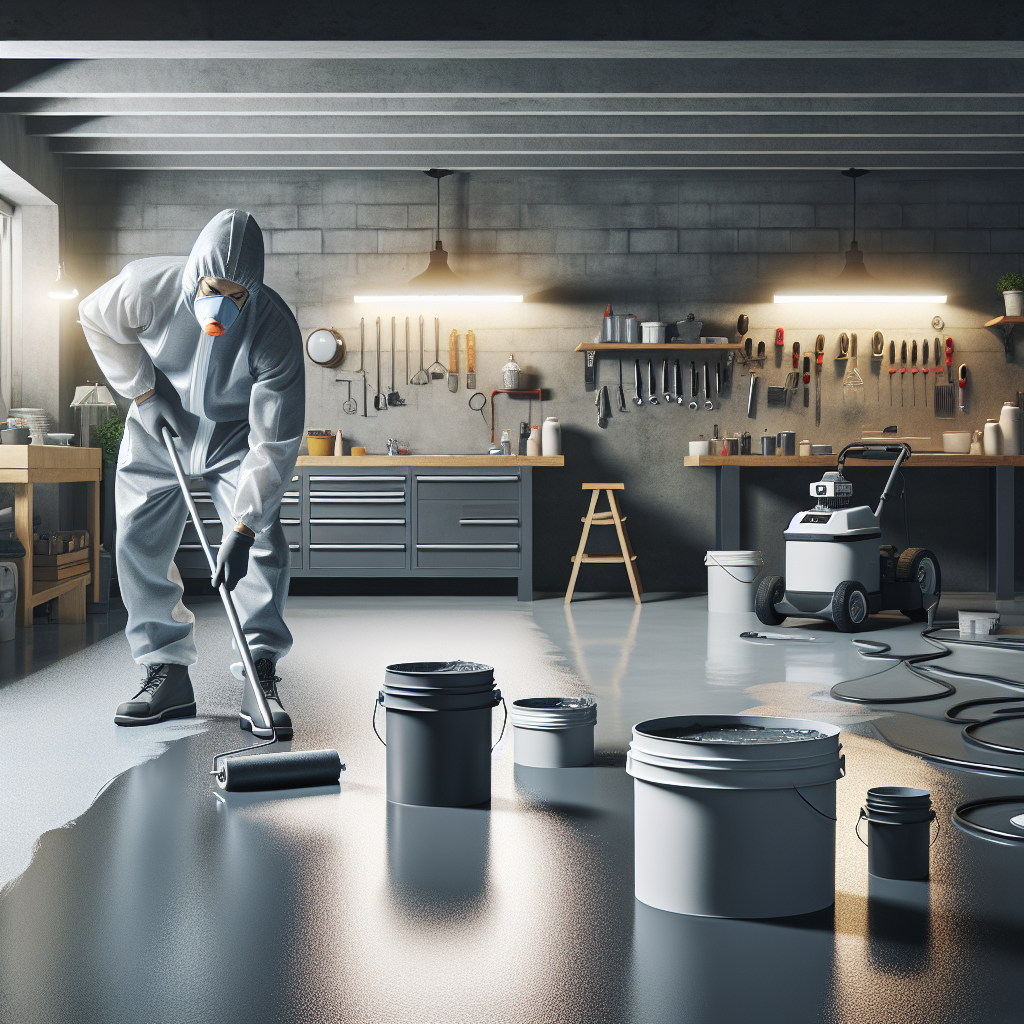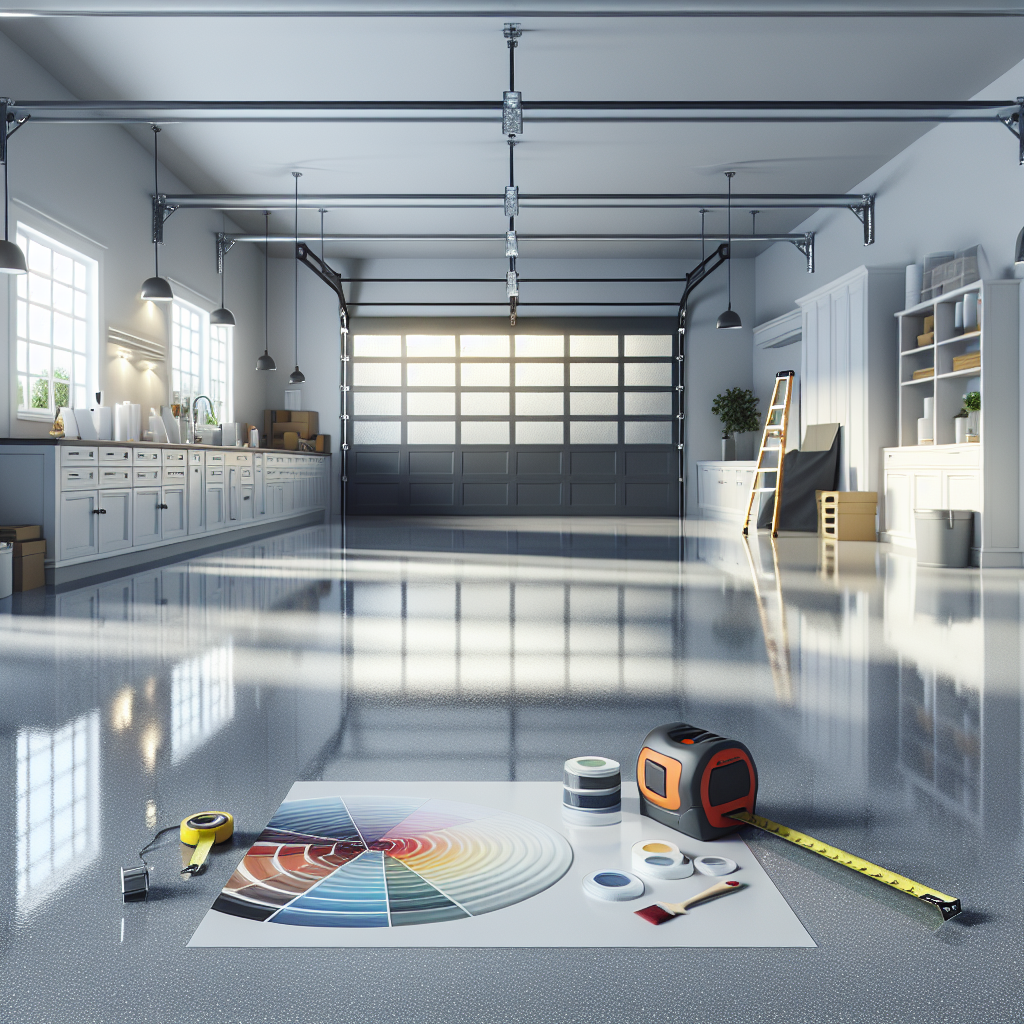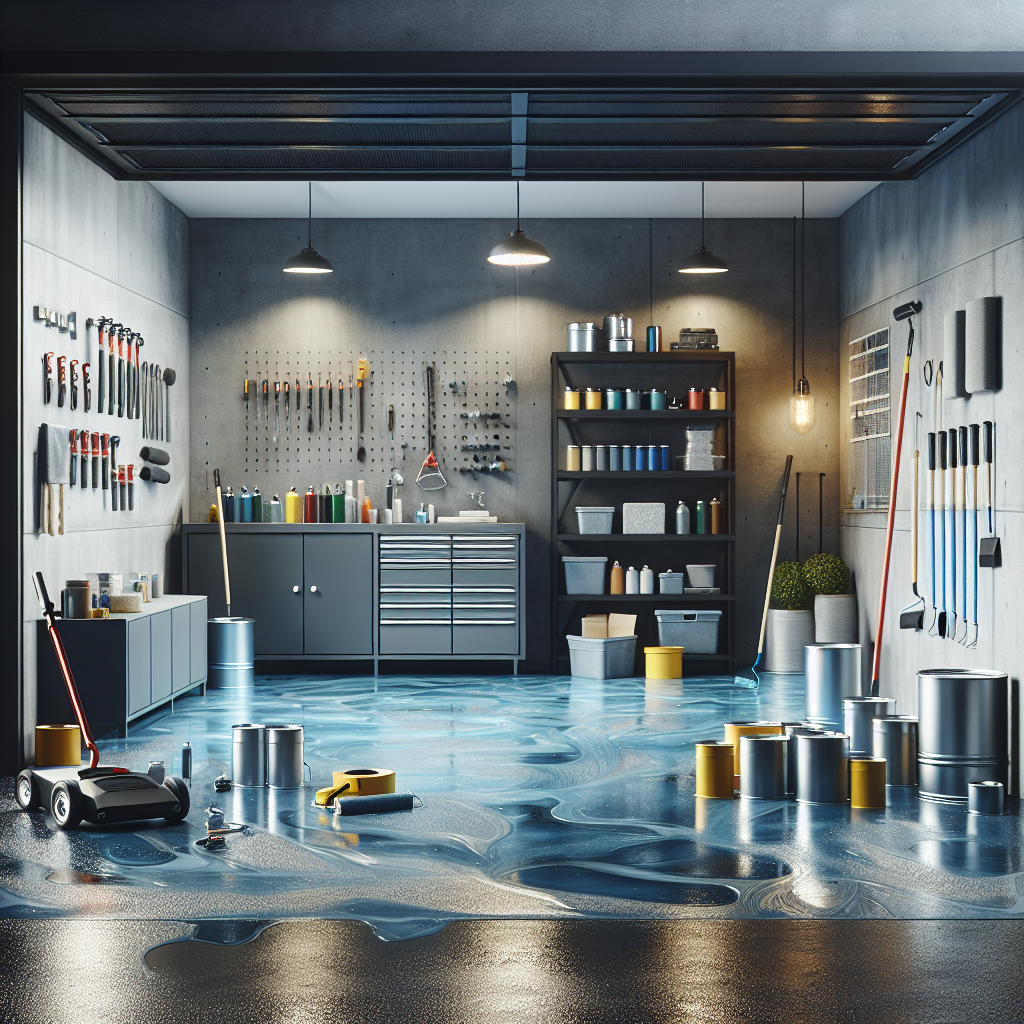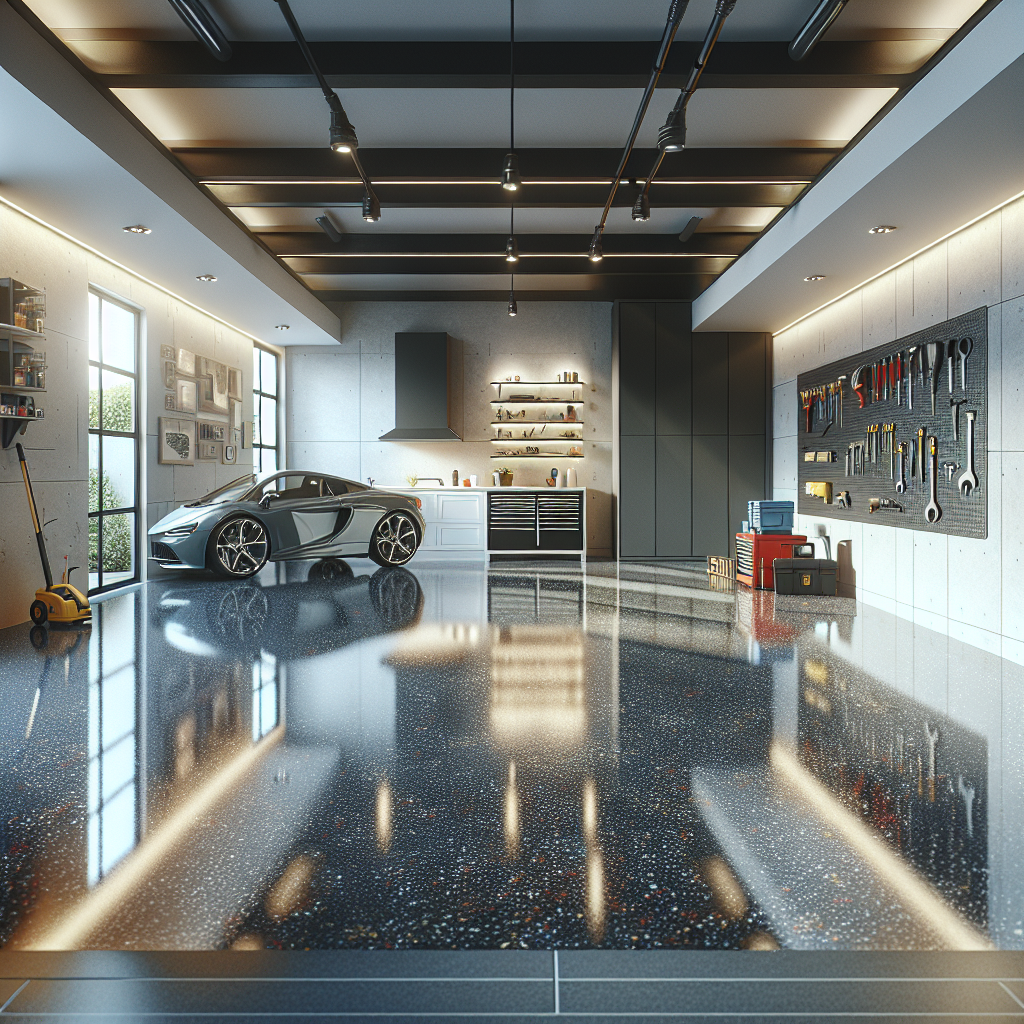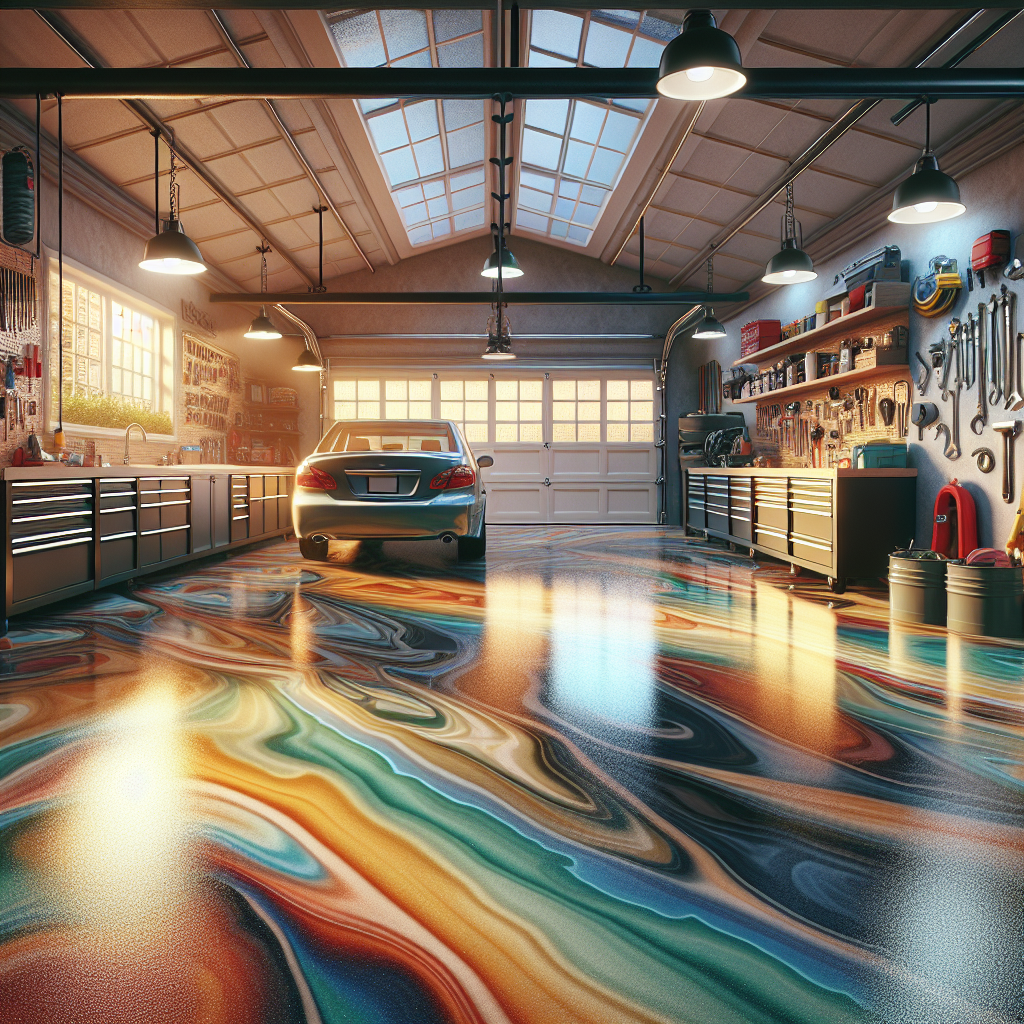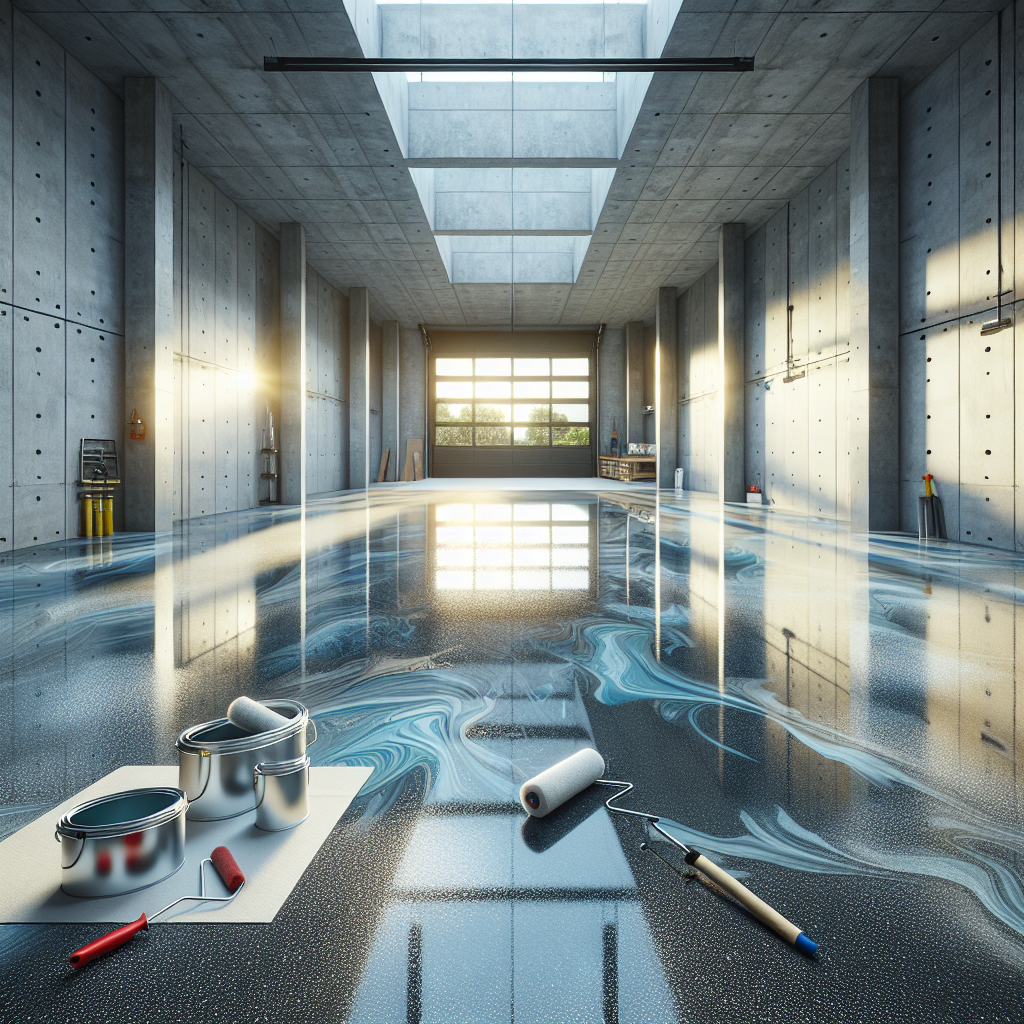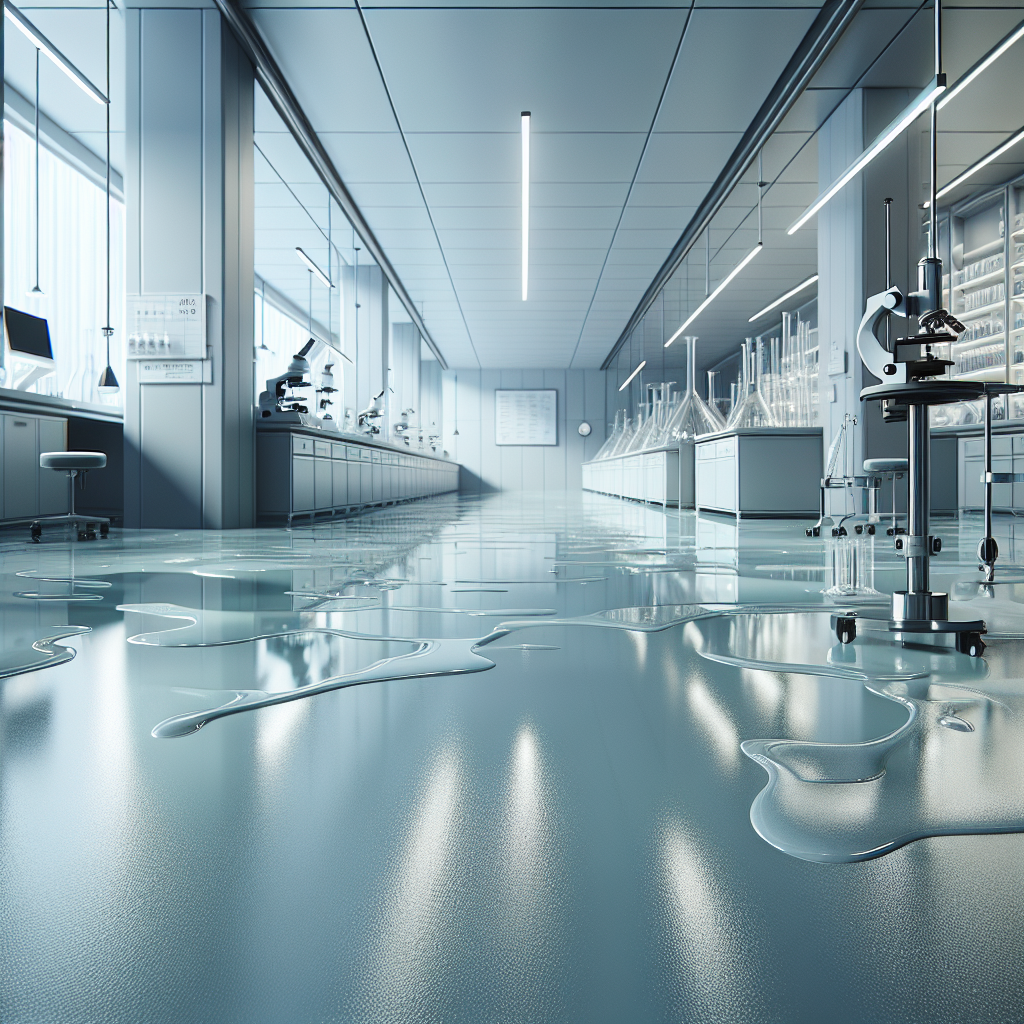When it comes to enhancing the appearance and functionality of your spaces, Durabond epoxy flooring stands out as an exceptional choice. This innovative flooring solution offers a myriad of benefits that can transform both residential and commercial environments. One of the primary advantages of Durabond epoxy flooring is its remarkable durability. Unlike traditional flooring options, epoxy is highly resistant to wear and tear, making it ideal for high-traffic areas.
Furthermore, Durabond epoxy flooring is designed to withstand harsh chemicals, spills, and stains, ensuring that your floors maintain their pristine appearance over time. This leads to another significant benefit: easy maintenance. With seamless surfaces and minimal joints, cleaning becomes a breeze. Just a simple wipe down with a damp mop can keep your floors looking new!
Additionally, Durabond epoxy flooring offers extensive aesthetic appeal. Available in various colors, patterns, and finishes, it allows for customization that can fit any design theme or personal style. Whether you’re aiming for a sleek, modern look or a more traditional ambiance, there’s a Durabond option that can meet your needs.
Ready to experience the benefits of Durabond epoxy flooring for yourself? Call Us Today for a Free Quote at Americas Industrial Coatings, your trusted source for expert installation in Broward County, Florida!
Key Advantages of Durabond Epoxy Flooring

Durabond epoxy flooring provides a multitude of advantages that set it apart from conventional flooring solutions. Here are some of the key benefits:
- Exceptional Durability: Durabond epoxy flooring is engineered to resist impact, abrasion, and heavy loads, making it perfect for warehouses, garages, and industrial settings.
- Chemical Resistance: This flooring type is impervious to a wide range of chemicals, including oils, solvents, and acids, which prevents damage and discoloration, ensuring longevity.
- Low Maintenance: With its seamless surface, Durabond epoxy flooring is easy to clean and maintain. It doesn’t harbor dirt or bacteria, making it a hygienic choice for both residential and commercial spaces.
- Aesthetic Versatility: Available in various colors and finishes, this flooring can be customized to fit any design scheme, from sleek modern aesthetics to rustic charm.
- Cost-Effectiveness: While the initial investment may be higher than traditional flooring, the long-lasting nature and low maintenance needs of Durabond epoxy flooring result in significant savings over time.
These advantages make Durabond epoxy flooring a smart investment for anyone looking to enhance their space.
Durabond Epoxy Flooring Installation Process
The installation process of Durabond epoxy flooring is systematic and designed to ensure optimal performance and longevity. Here’s a step-by-step overview of what to expect during the installation:
- Surface Preparation: The first step involves thoroughly cleaning the substrate. Any existing coatings, dirt, or debris are removed to create a smooth and clean surface. This may include grinding or shot blasting to ensure proper adhesion.
- Repairing Damages: Any cracks or imperfections in the concrete are repaired using specialized epoxy fillers. This step is crucial to prevent future issues and to create a uniform surface.
- Priming the Surface: A primer is applied to enhance adhesion between the concrete and the epoxy resin. This step ensures that the flooring bonds effectively to the substrate.
- Mixing and Applying Epoxy: The Durabond epoxy resin is mixed according to the manufacturer’s instructions. It is then applied evenly across the surface using a roller or squeegee, ensuring a consistent thickness.
- Curing: After the application, the epoxy must cure for a specific period. This allows the resin to harden and achieve its full strength. The curing time can vary based on the environmental conditions.
- Finishing Touches: Once cured, any additional coatings or finishes, such as slip-resistant textures or topcoats, may be applied to enhance durability and aesthetics.
By following these steps, the Durabond epoxy flooring installation process ensures a high-quality, long-lasting result that meets the needs of both residential and commercial properties.
Maintenance Tips for Durabond Epoxy Flooring

Maintaining your Durabond epoxy flooring is essential to ensure its longevity and aesthetic appeal. With minimal effort, you can keep your floors looking new for years. Here are some effective maintenance tips:
- Regular Cleaning: Sweep or vacuum the floor regularly to remove dirt and debris. For deeper cleaning, use a damp mop with a pH-neutral cleaner. Avoid harsh chemicals that can damage the epoxy surface.
- Immediate Spill Cleanup: Promptly clean up spills, especially oils or chemicals, to prevent staining. Use a soft cloth or paper towel to blot the area and then clean with a suitable cleaner.
- Avoid Scratching: Use furniture pads or coasters under heavy items to prevent scratches. Avoid dragging heavy furniture or equipment across the floor.
- Periodic Inspections: Regularly inspect your flooring for any signs of wear or damage. Address any issues promptly to prolong the life of your epoxy flooring.
- Reapply Topcoat: Depending on the level of foot traffic, consider reapplying a topcoat every few years. This will enhance the floor’s durability and maintain its shine.
By following these simple maintenance tips, you can ensure that your Durabond epoxy flooring remains in excellent condition, providing both functionality and beauty for your space.
Comparing Durabond Epoxy to Other Flooring Options

When it comes to flooring options, Durabond epoxy flooring stands out for its unique characteristics and advantages. However, it’s essential to compare it to other popular flooring materials to understand its benefits fully. Here’s how Durabond epoxy stacks up against some common alternatives:
- Vinyl Flooring: Vinyl is often chosen for its affordability and variety of designs. While it’s easy to install and maintain, it doesn’t offer the same durability as epoxy. Vinyl can tear or dent under heavy loads, whereas Durabond epoxy is resistant to impacts and abrasions.
- Ceramic Tiles: Ceramic tiles are known for their aesthetic appeal and moisture resistance. However, they can be slippery and are prone to cracking under extreme pressure. In contrast, Durabond epoxy provides a seamless surface that is both slip-resistant and flexible, reducing the risk of cracks.
- Concrete: Concrete flooring is a popular choice for industrial spaces due to its strength. However, untreated concrete can be porous and prone to stains and dust accumulation. Durabond epoxy enhances concrete surfaces by providing a protective layer that is easy to clean and maintain, while also offering vibrant color options.
- Carpet: Carpet offers comfort and warmth but requires regular cleaning and can harbor allergens. In comparison, Durabond epoxy flooring is hypoallergenic and easier to maintain, making it a healthier choice for indoor environments.
In summary, while other flooring options have their merits, Durabond epoxy flooring offers exceptional durability, easy maintenance, and a range of aesthetic choices that make it an excellent investment for both residential and commercial spaces.
Conclusion on Durabond Epoxy Flooring Benefits

In conclusion, Durabond epoxy flooring presents a multitude of benefits that make it an outstanding choice for various applications. Its remarkable durability ensures that it can withstand the wear and tear of heavy foot traffic and equipment, making it ideal for both residential and commercial environments. The seamless surface is not only aesthetically pleasing but also simplifies maintenance, as it resists stains and is easy to clean.
Moreover, the versatility in design allows for customization, enabling you to choose colors and finishes that enhance the beauty of your space. Whether you’re looking to revamp your garage, retail space, or even a restaurant, Durabond epoxy flooring can elevate the overall appeal while providing a safe and functional surface.
If you’re considering upgrading your flooring, there’s no better time than now to explore the advantages of Durabond epoxy flooring. Call Us Today for a Free Quote at Americas Industrial Coatings, and let our experts help you transform your space with this exceptional flooring solution.
